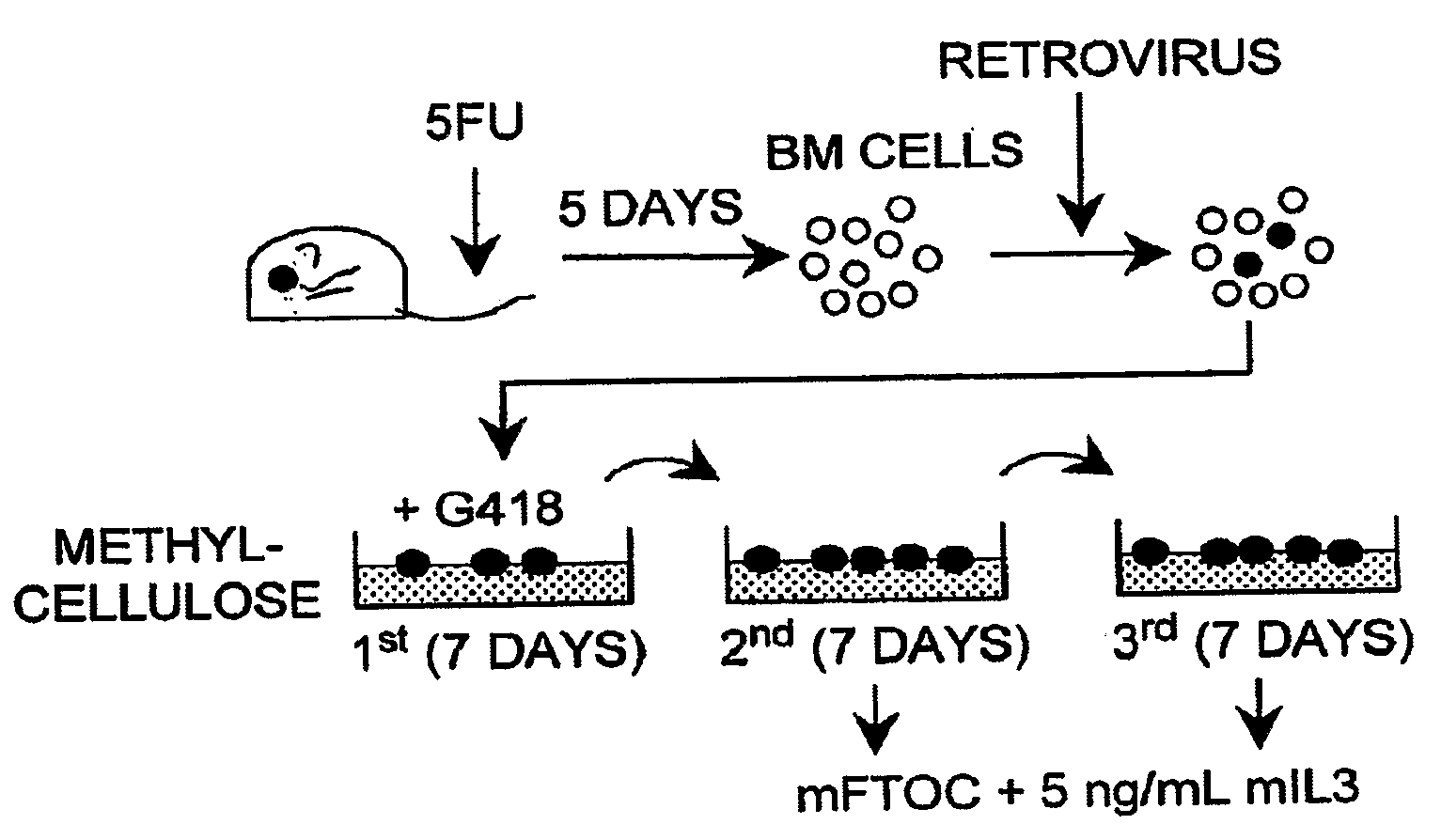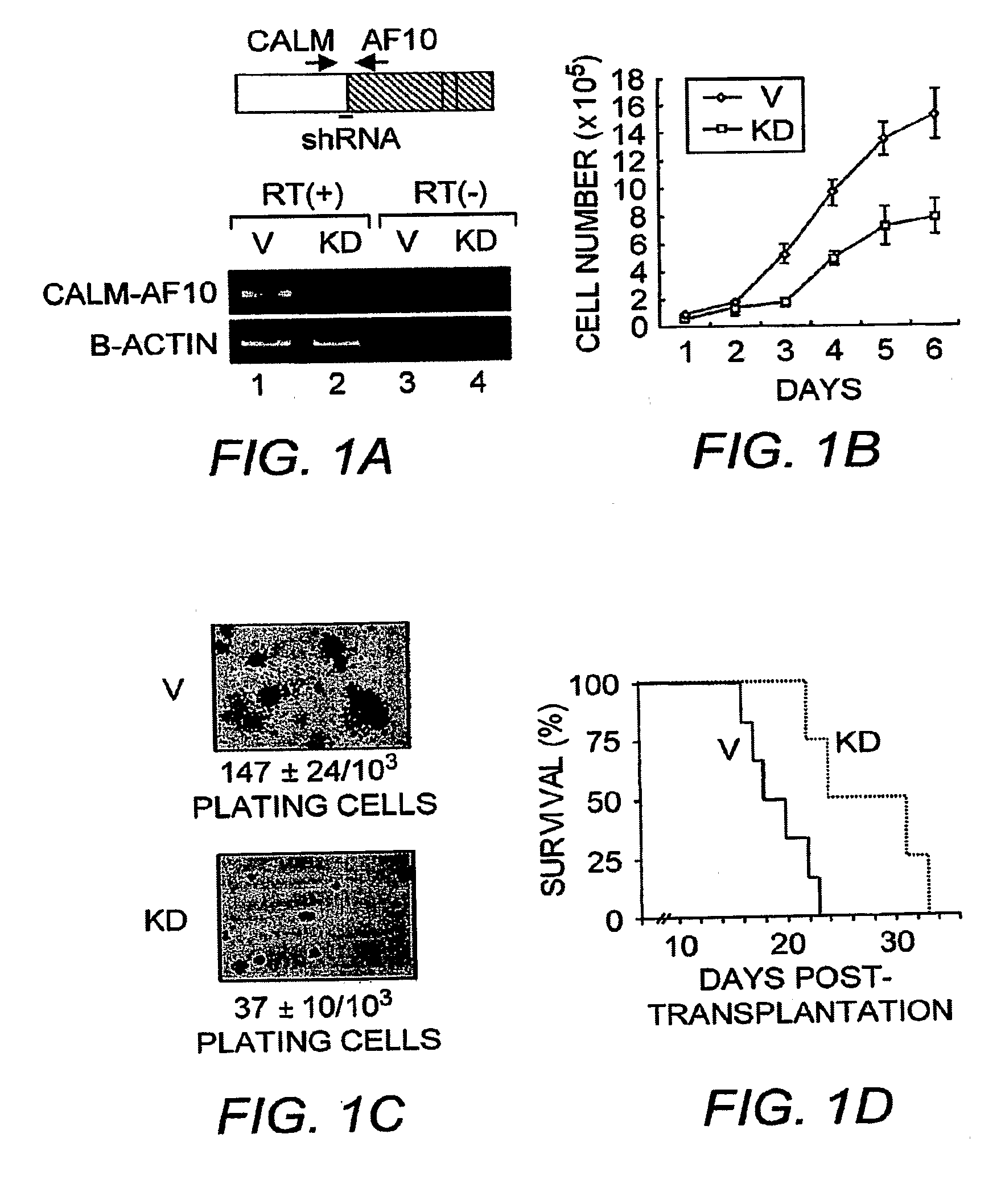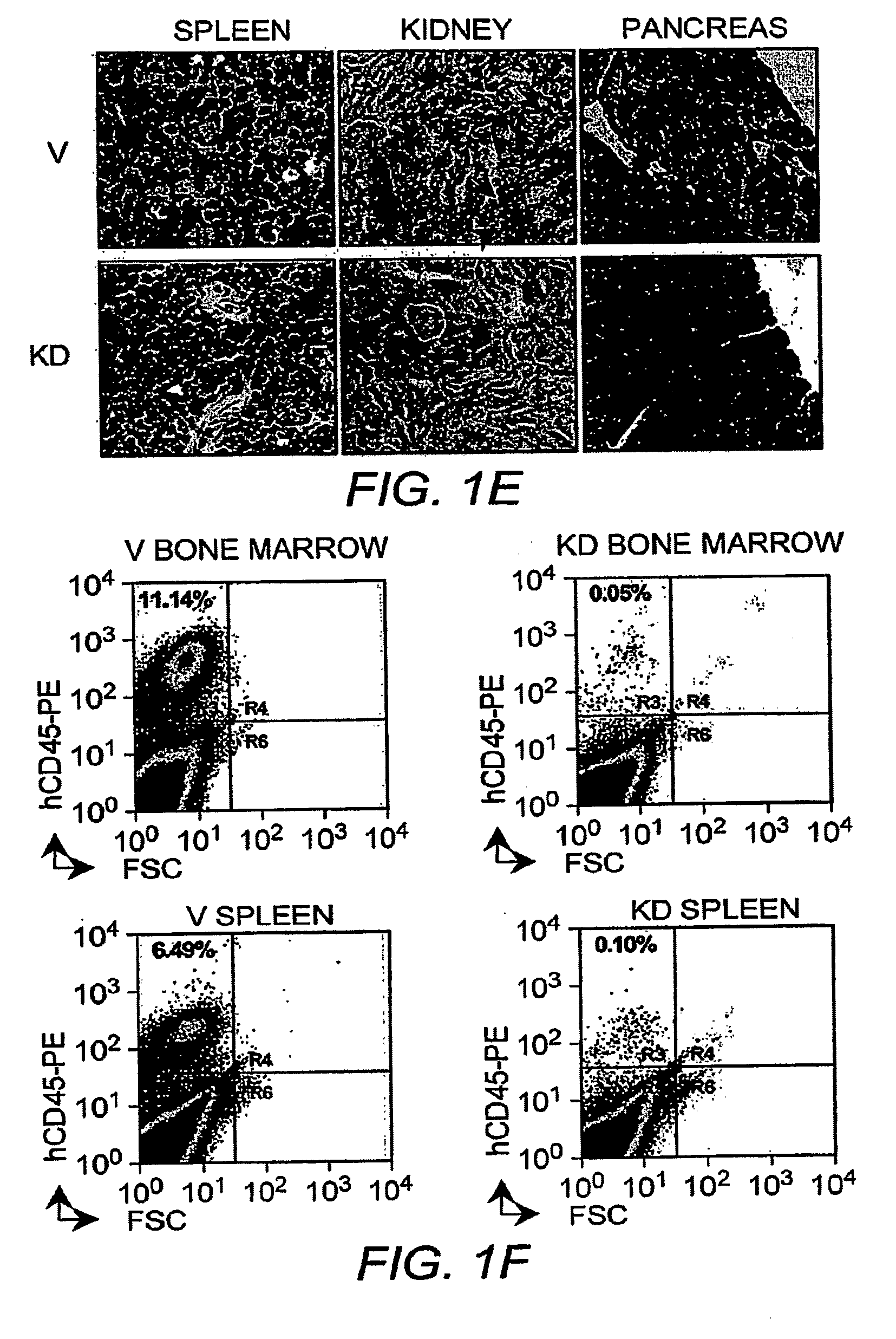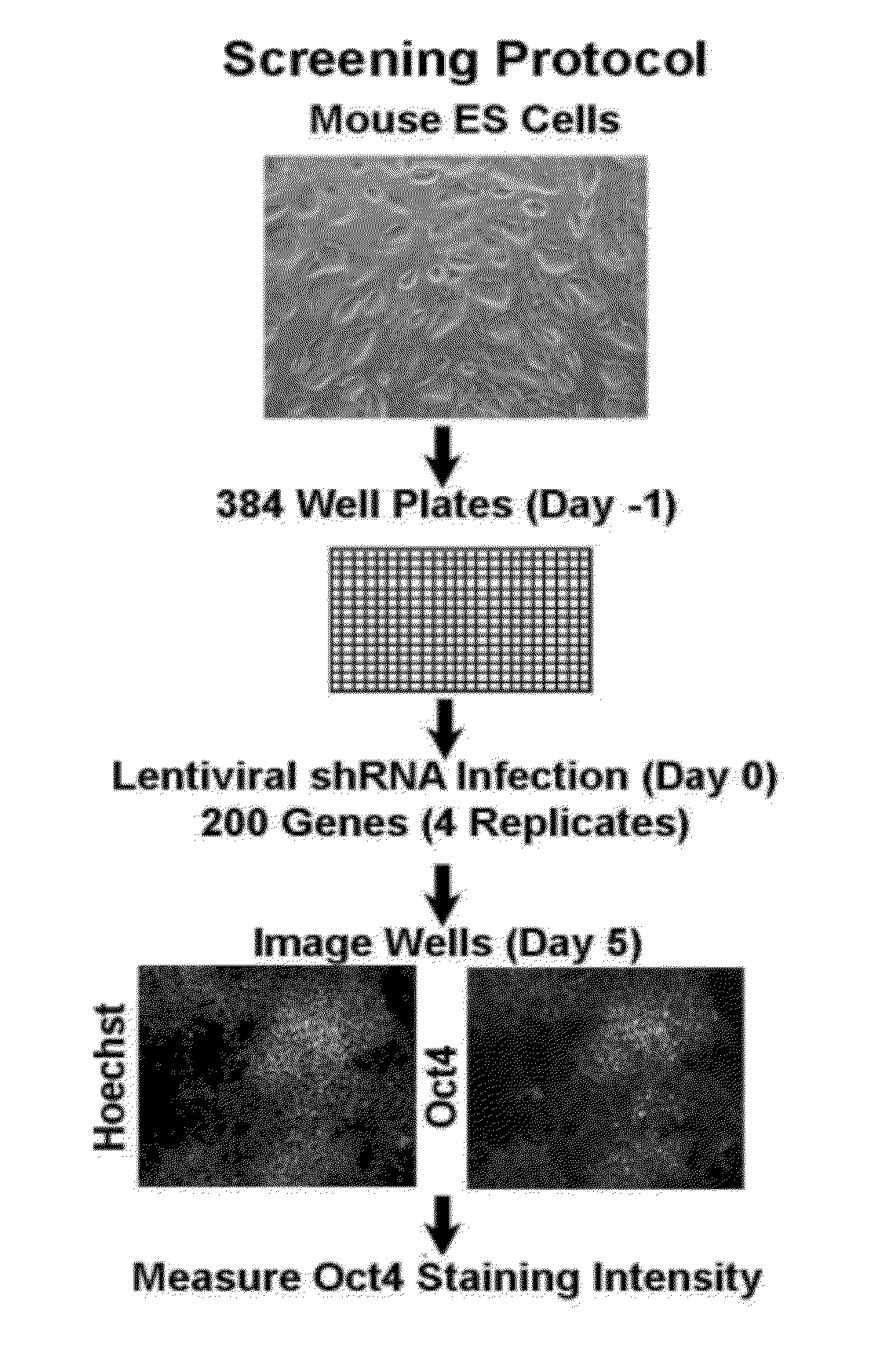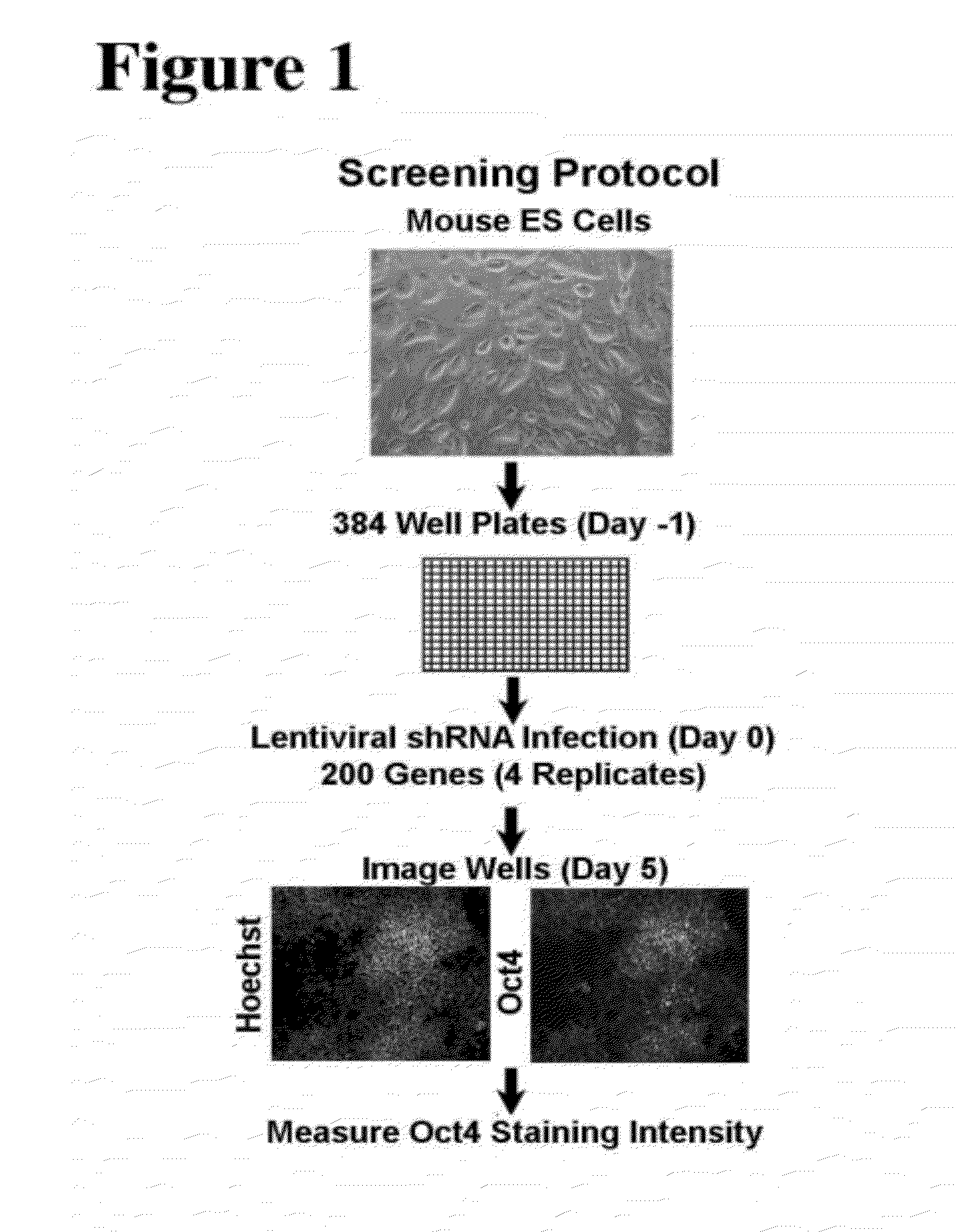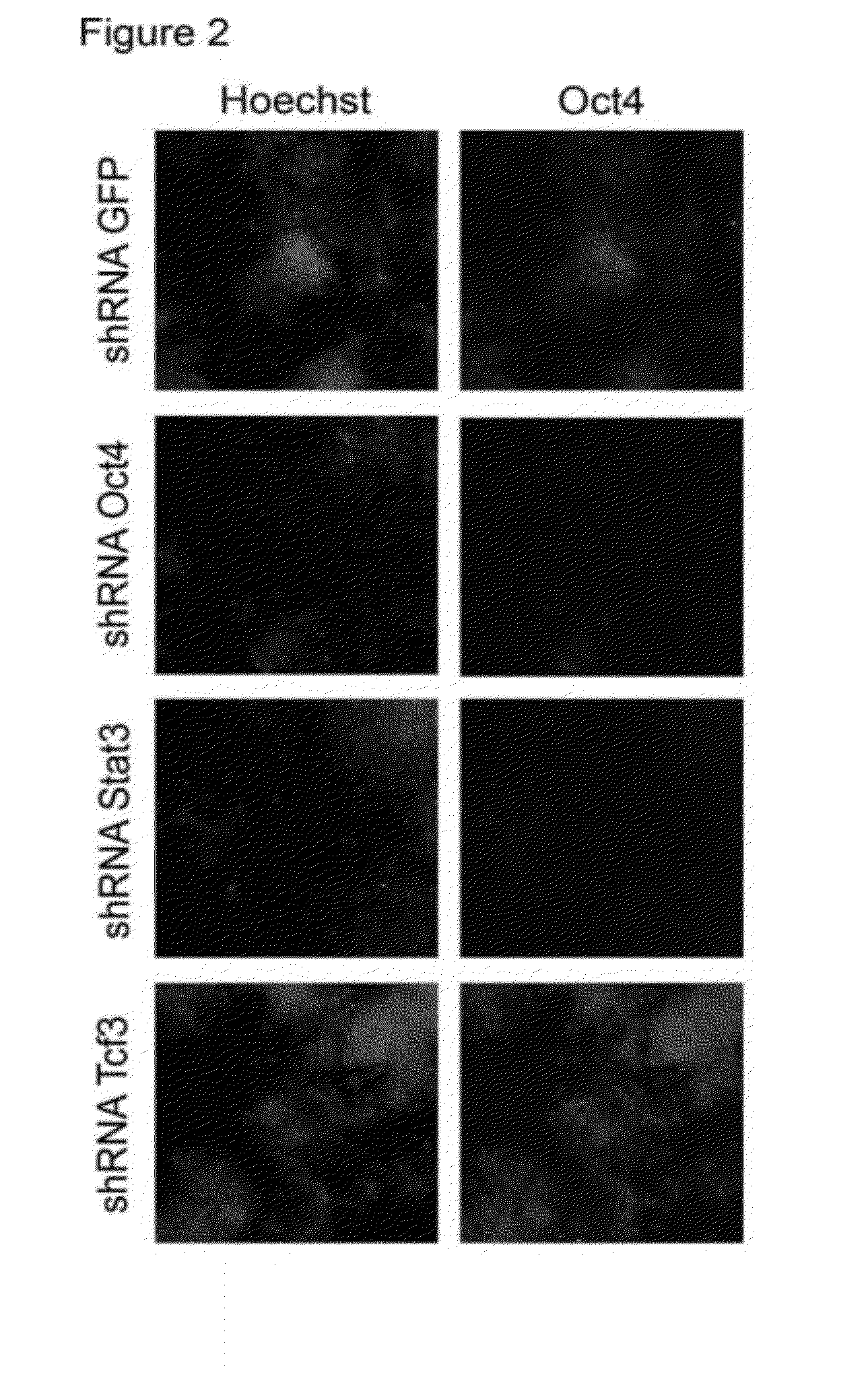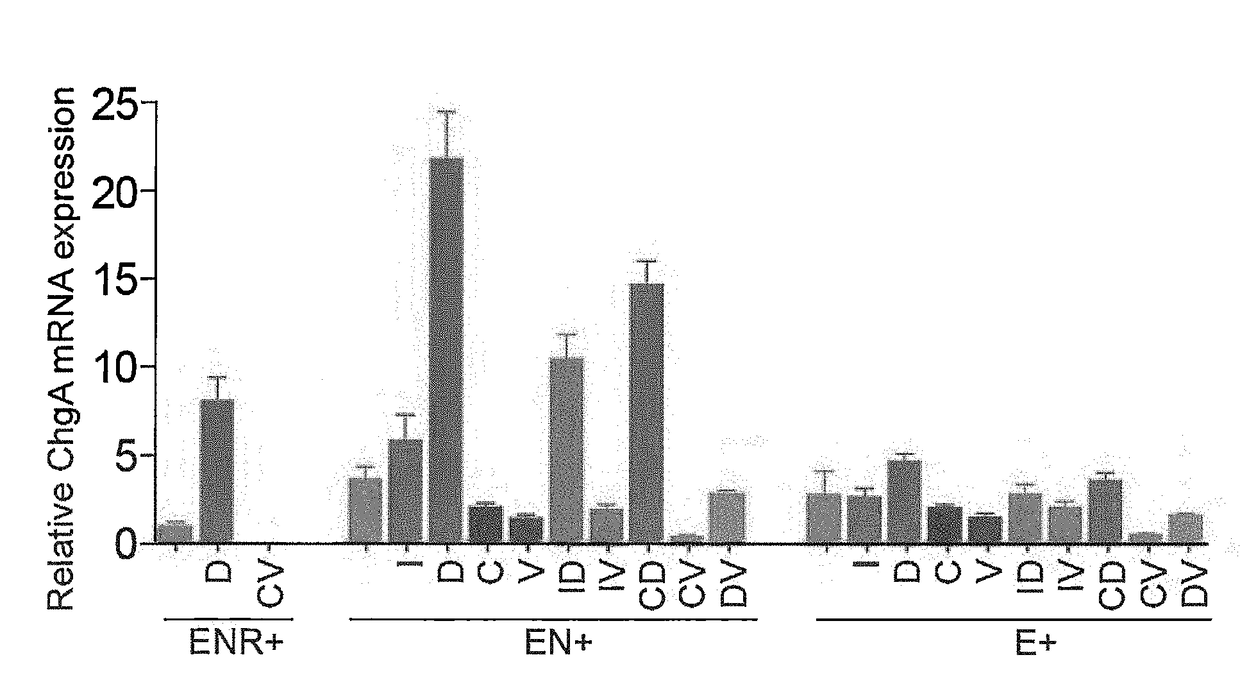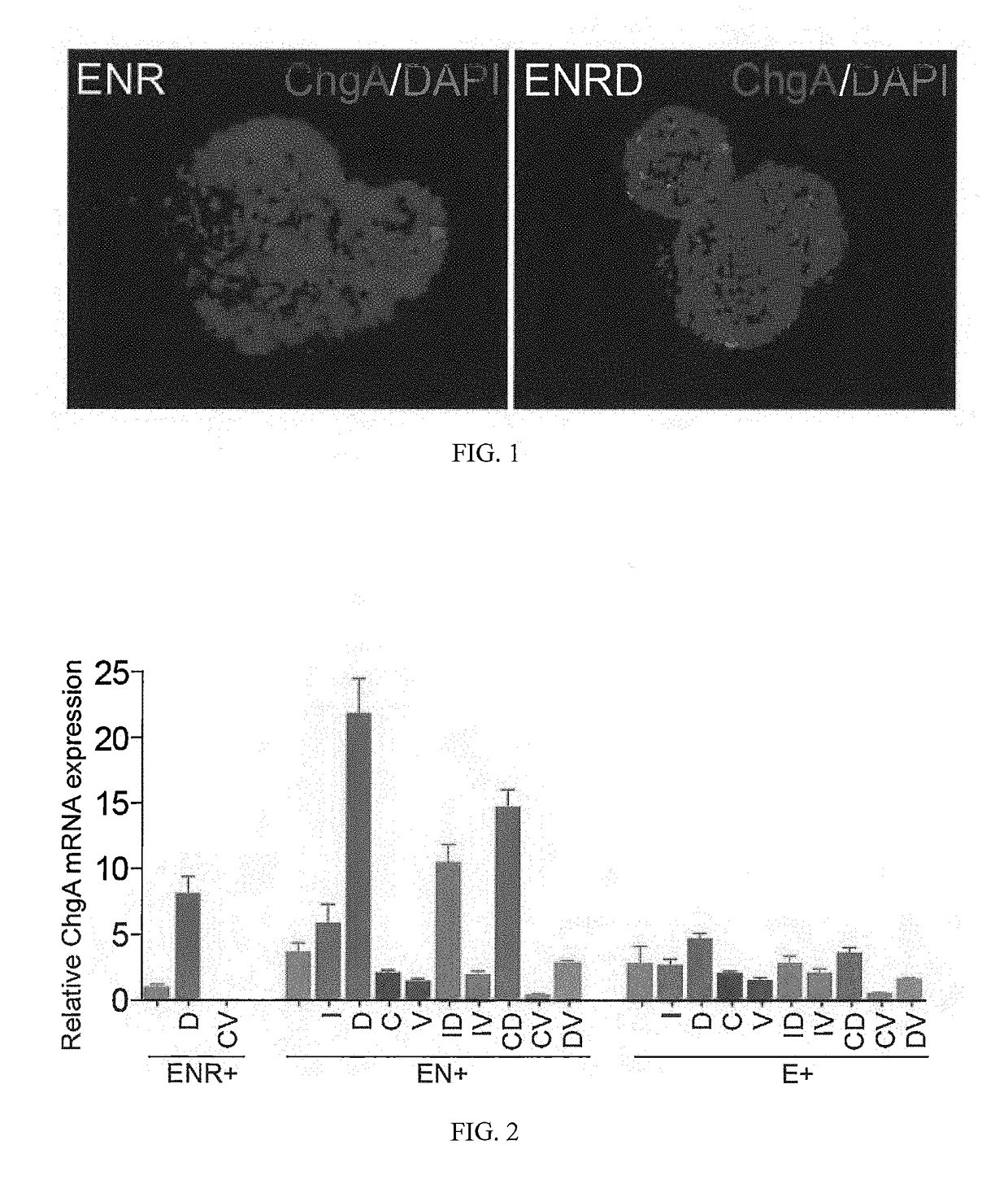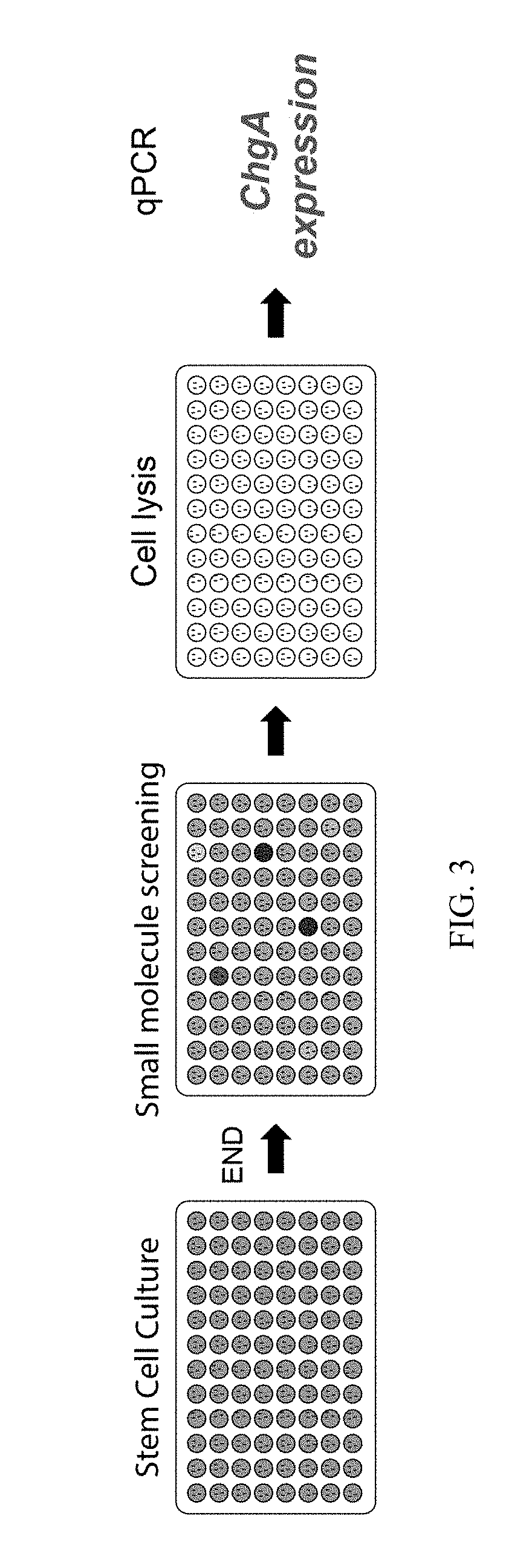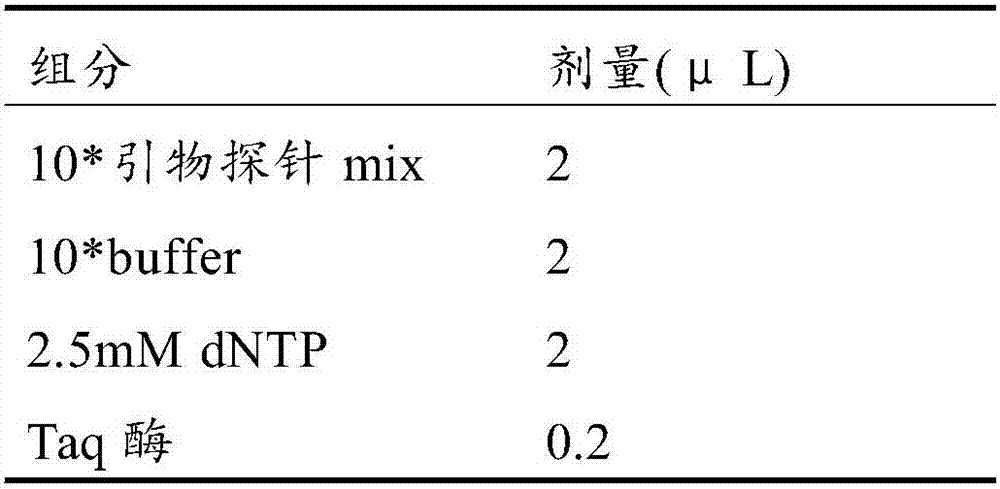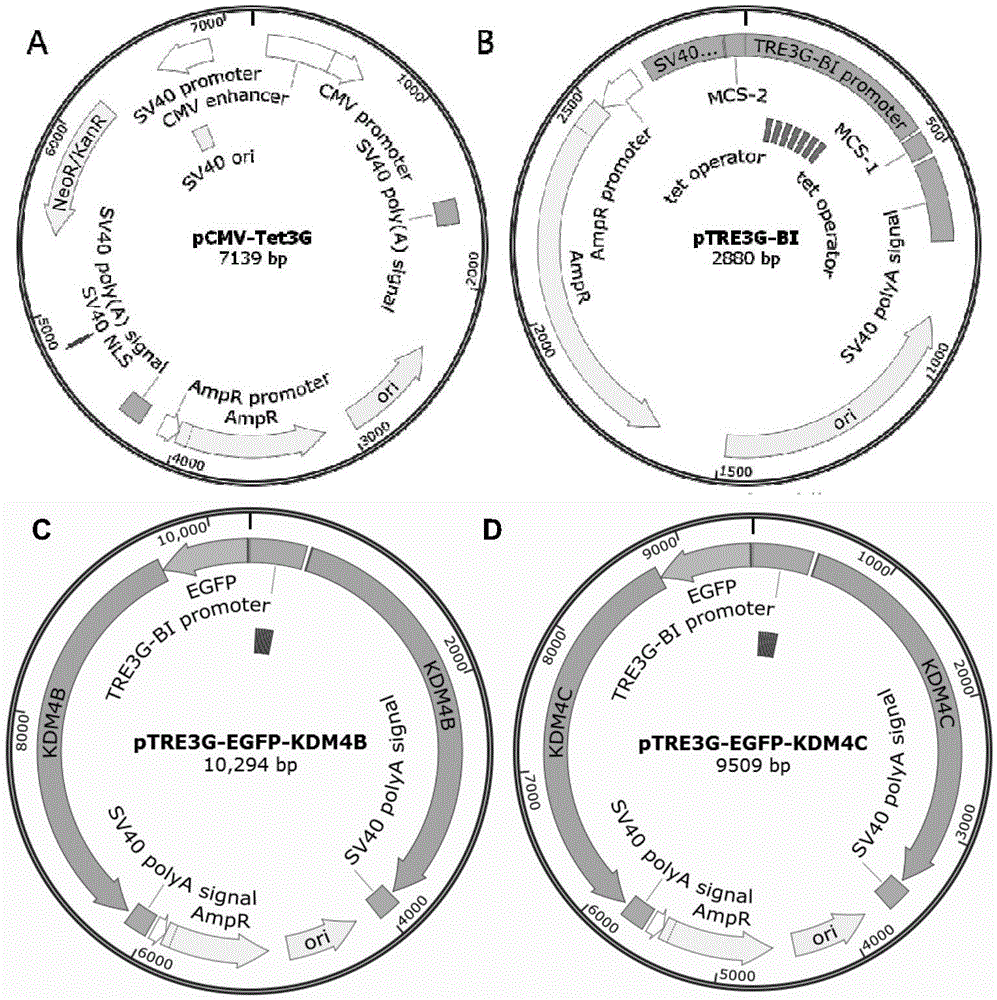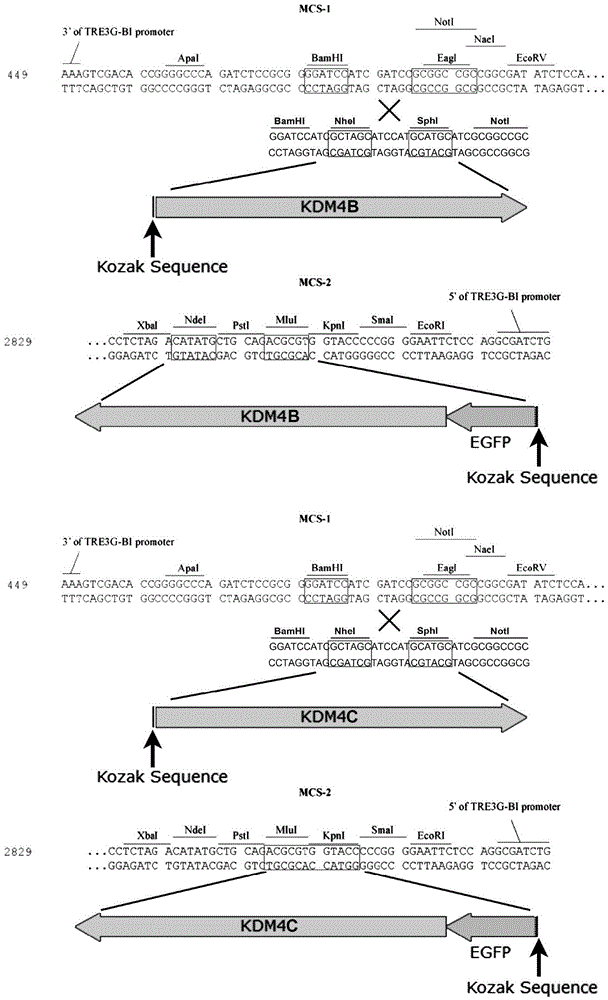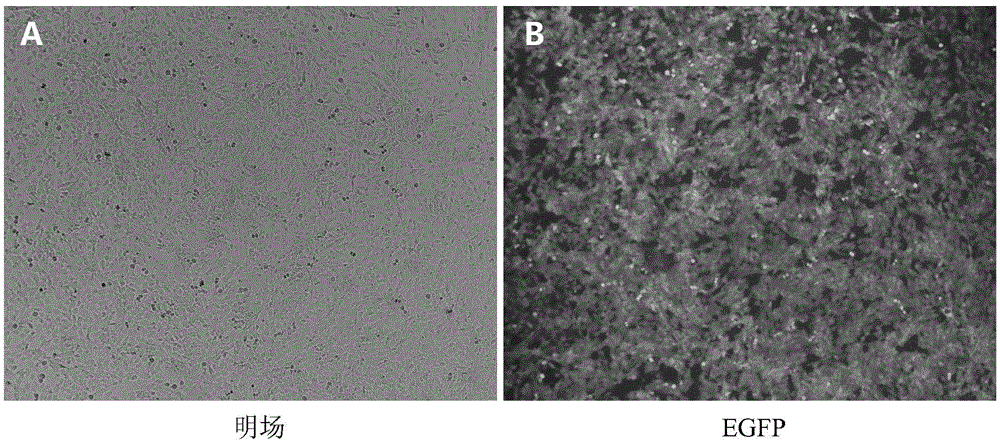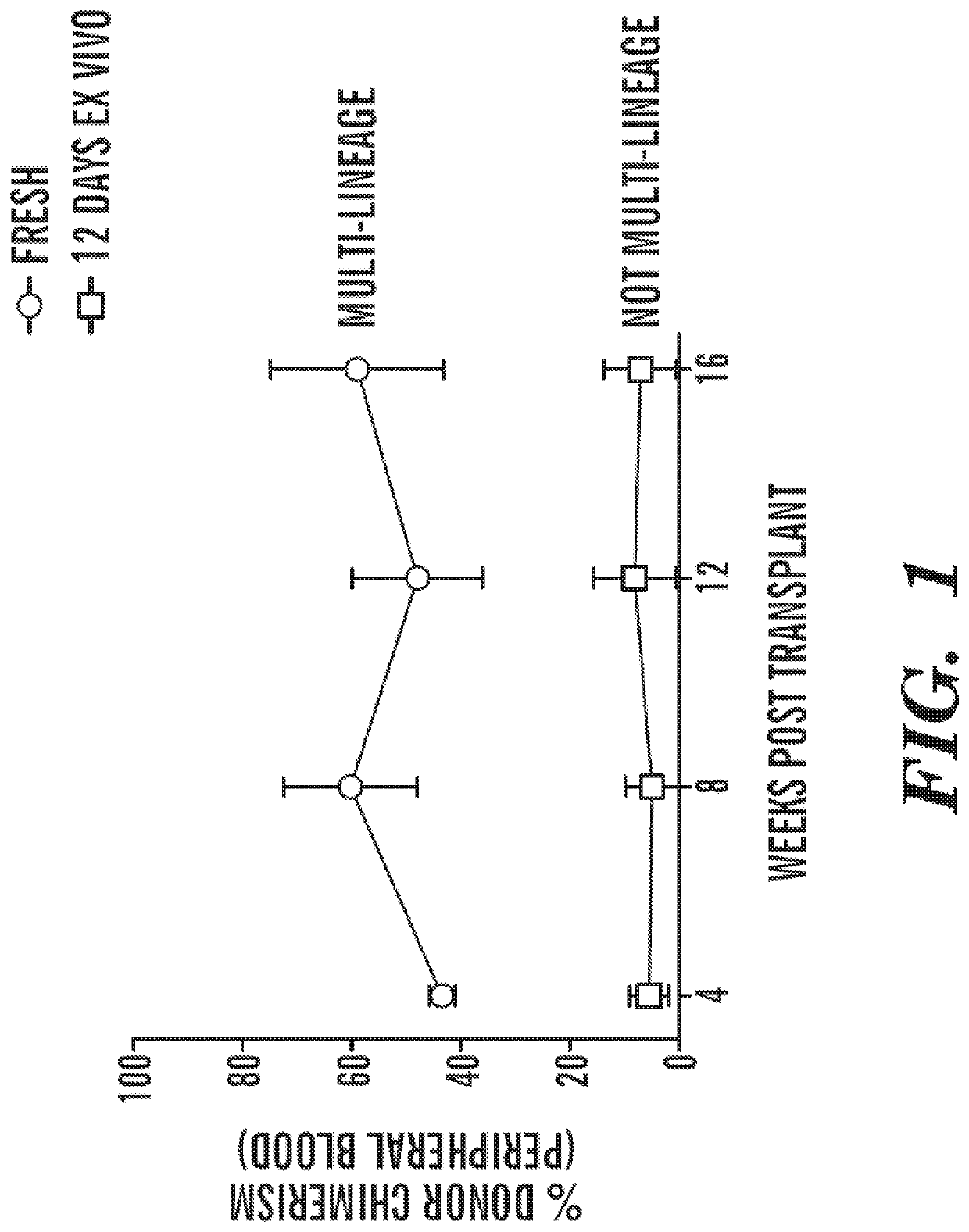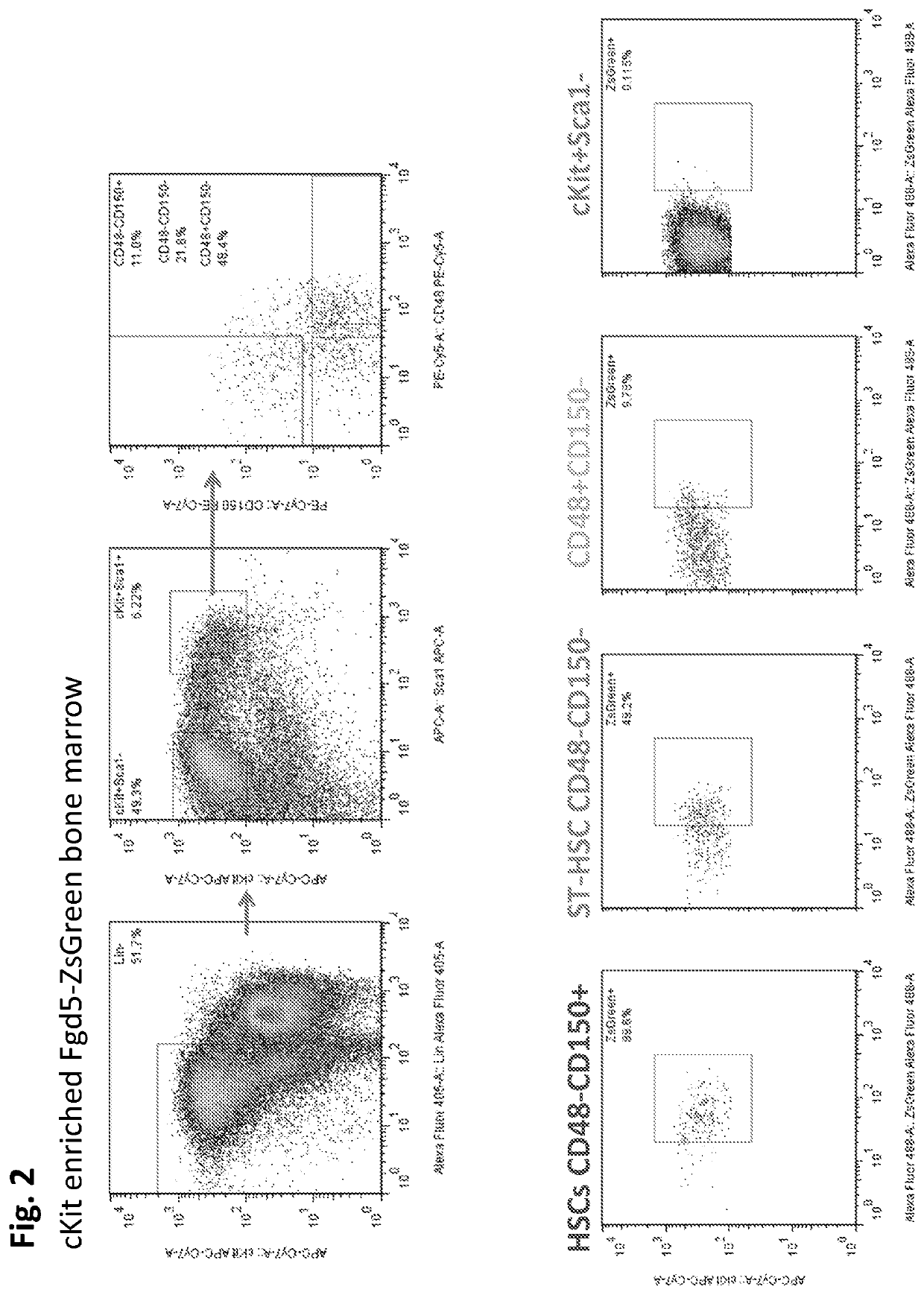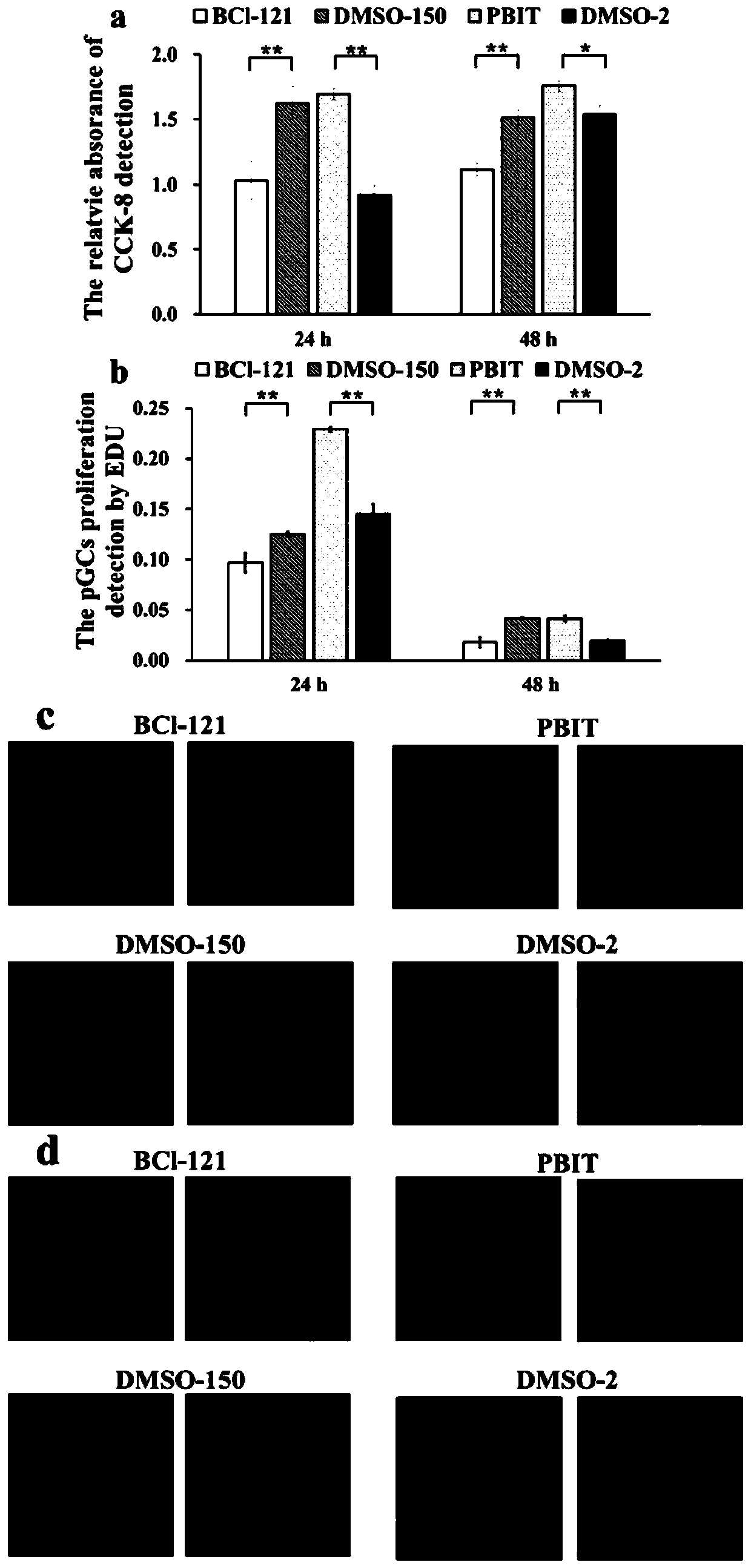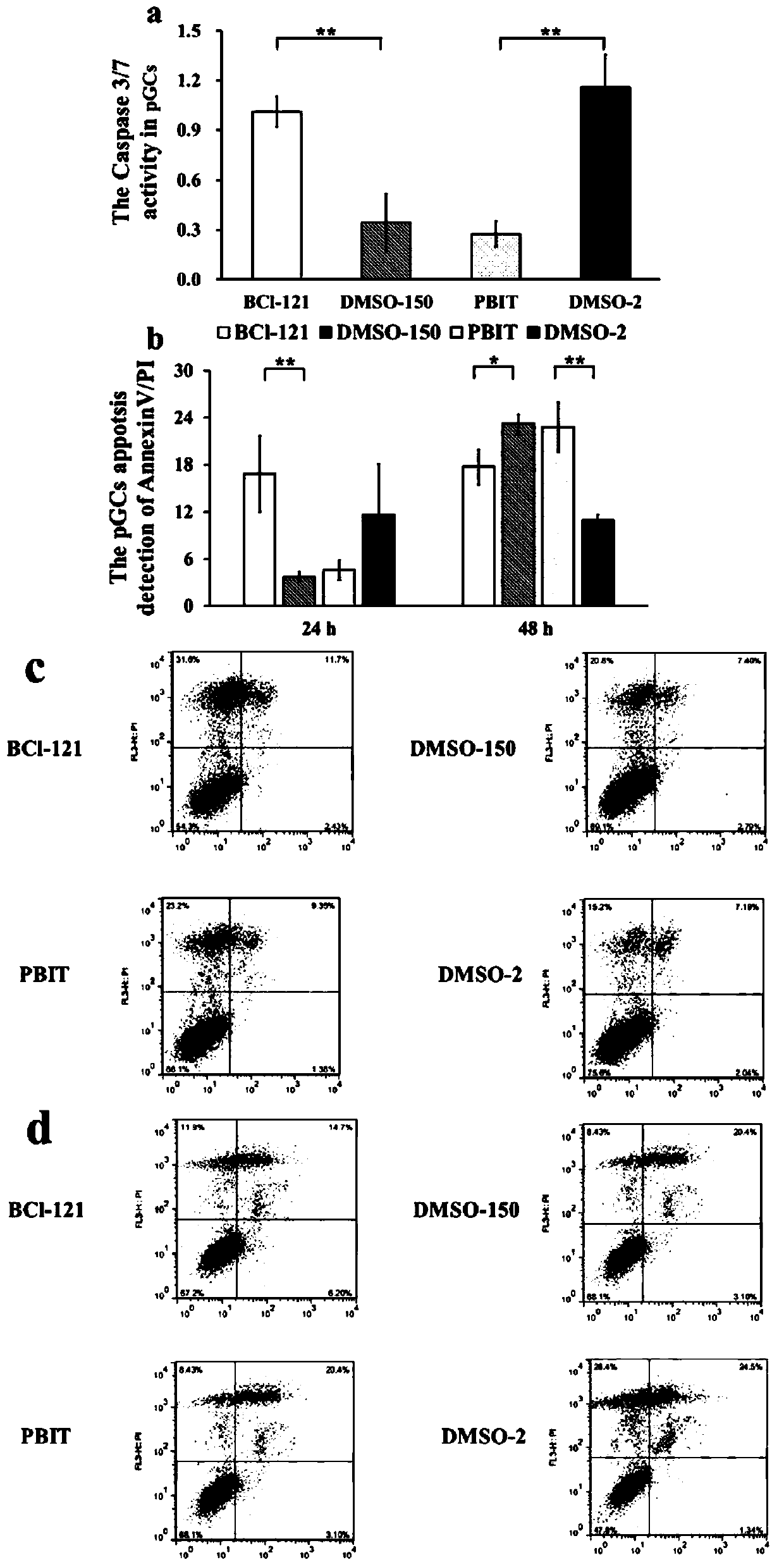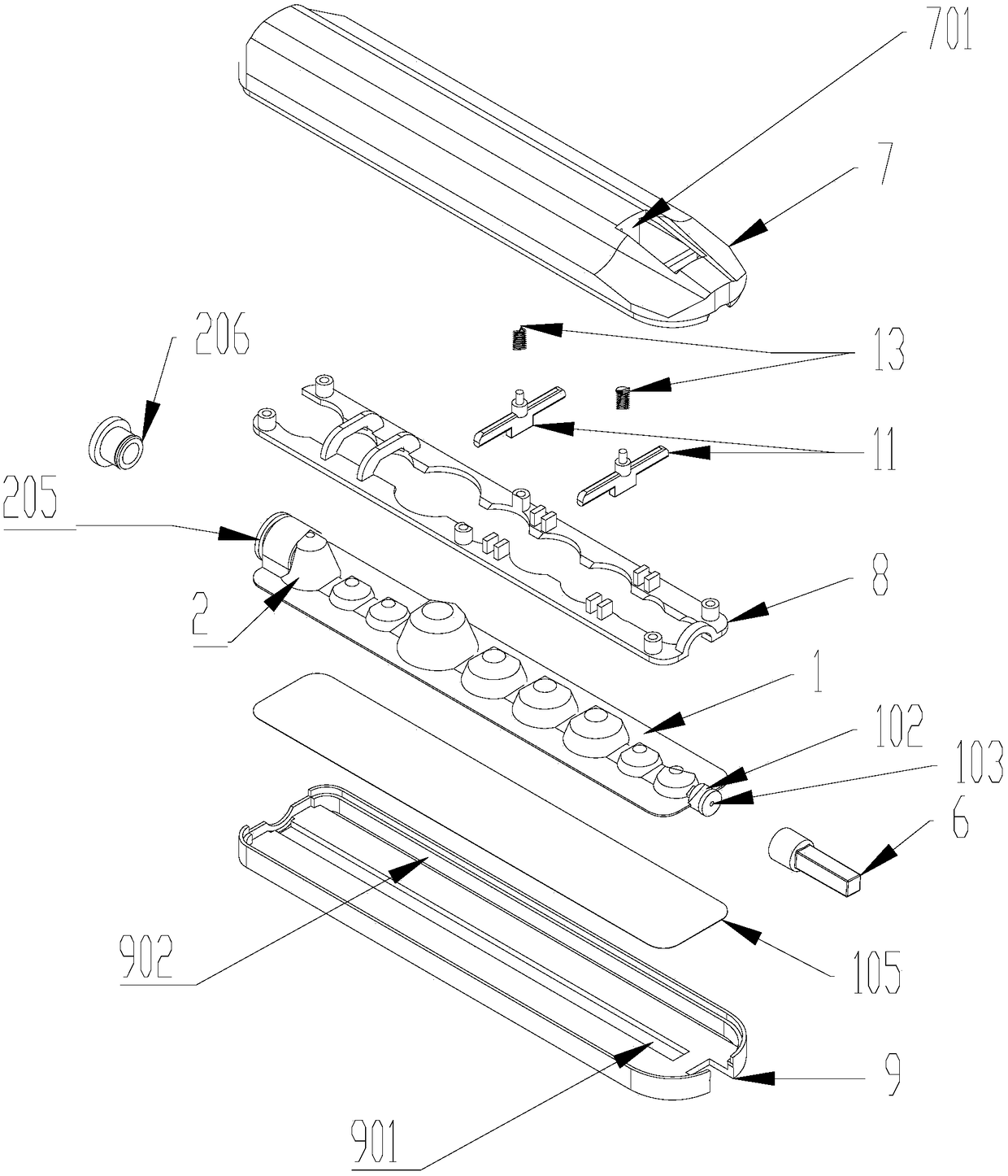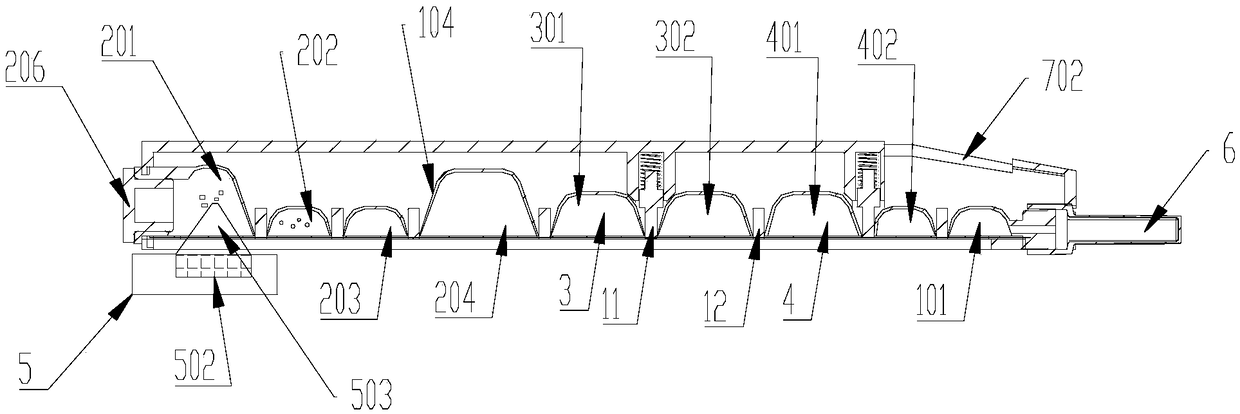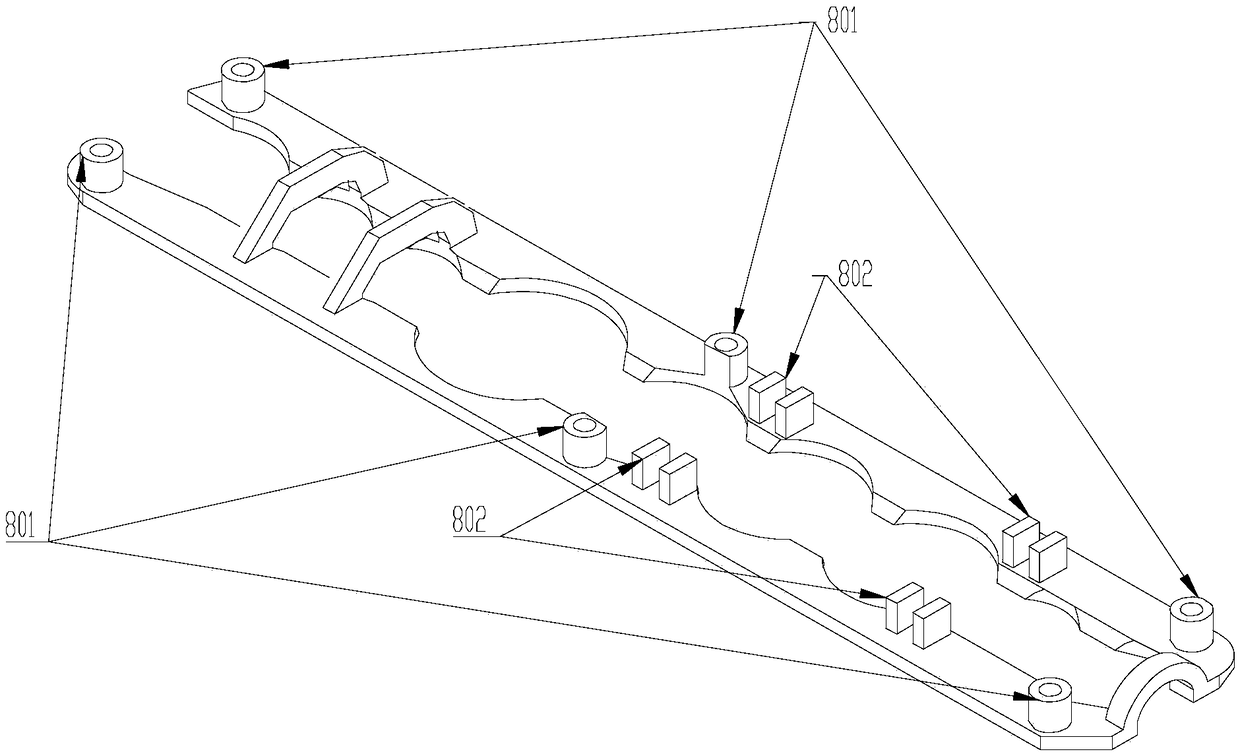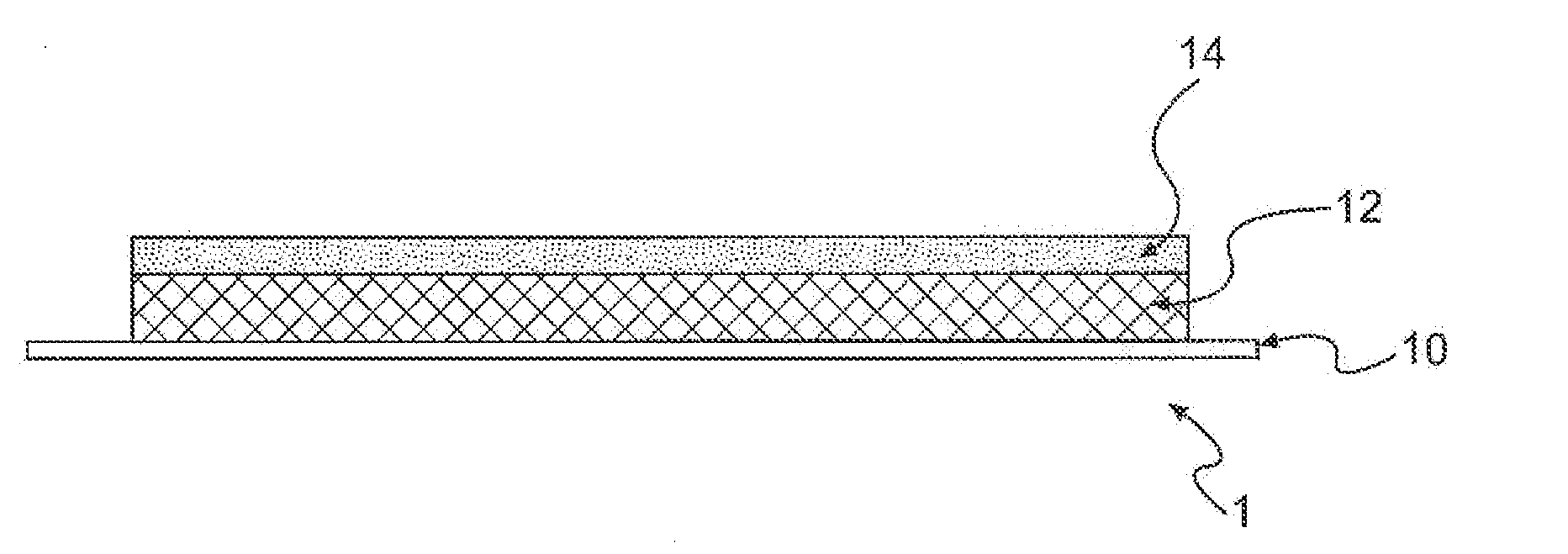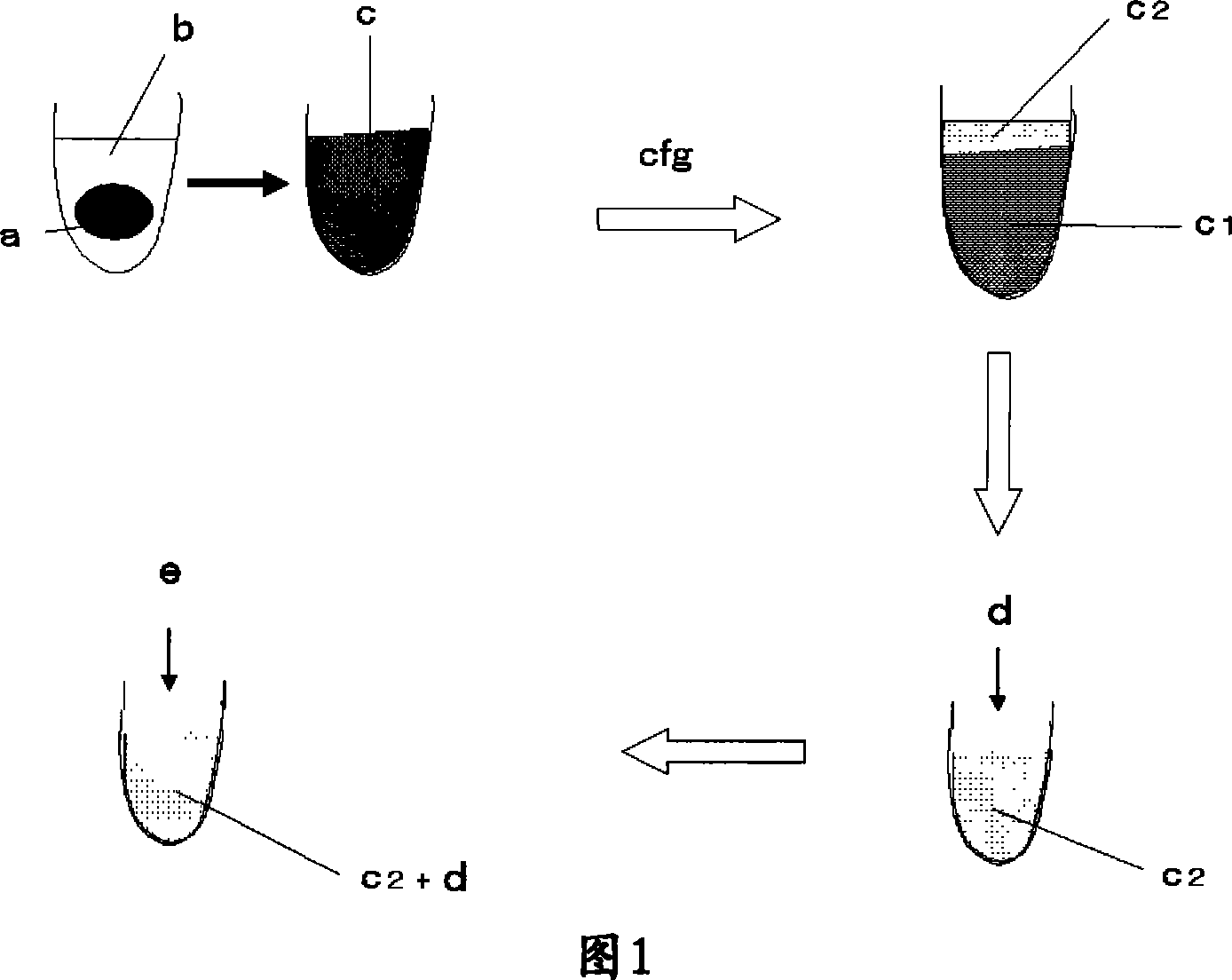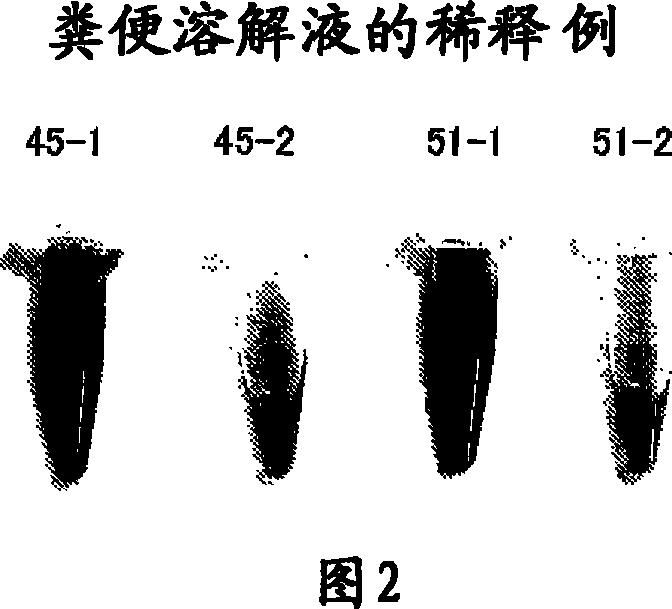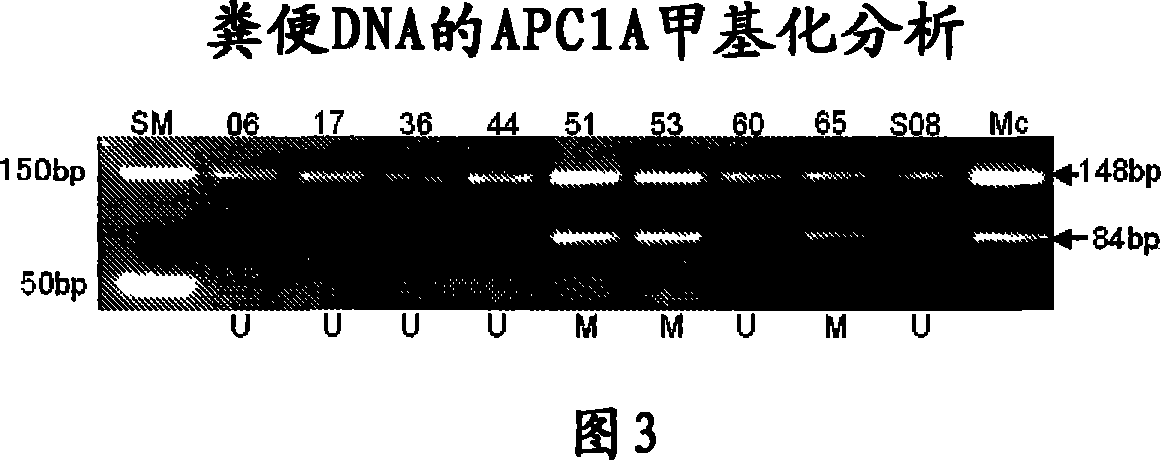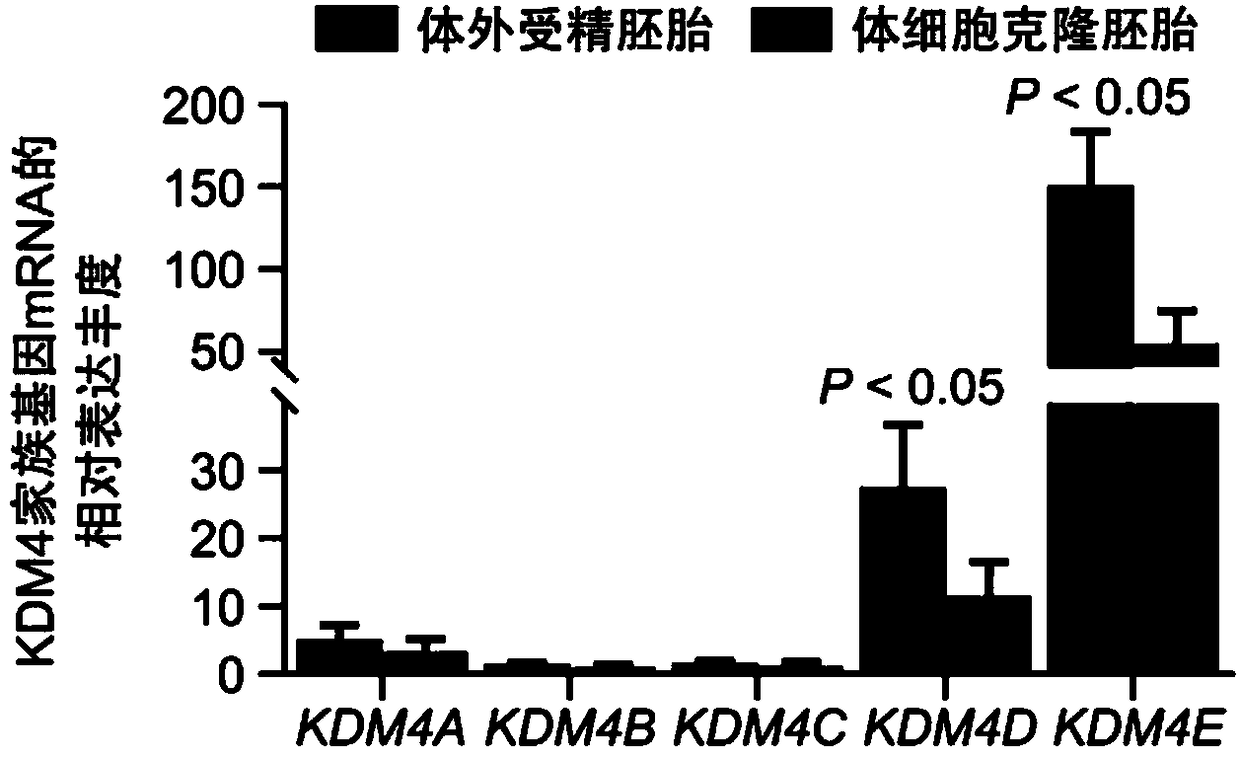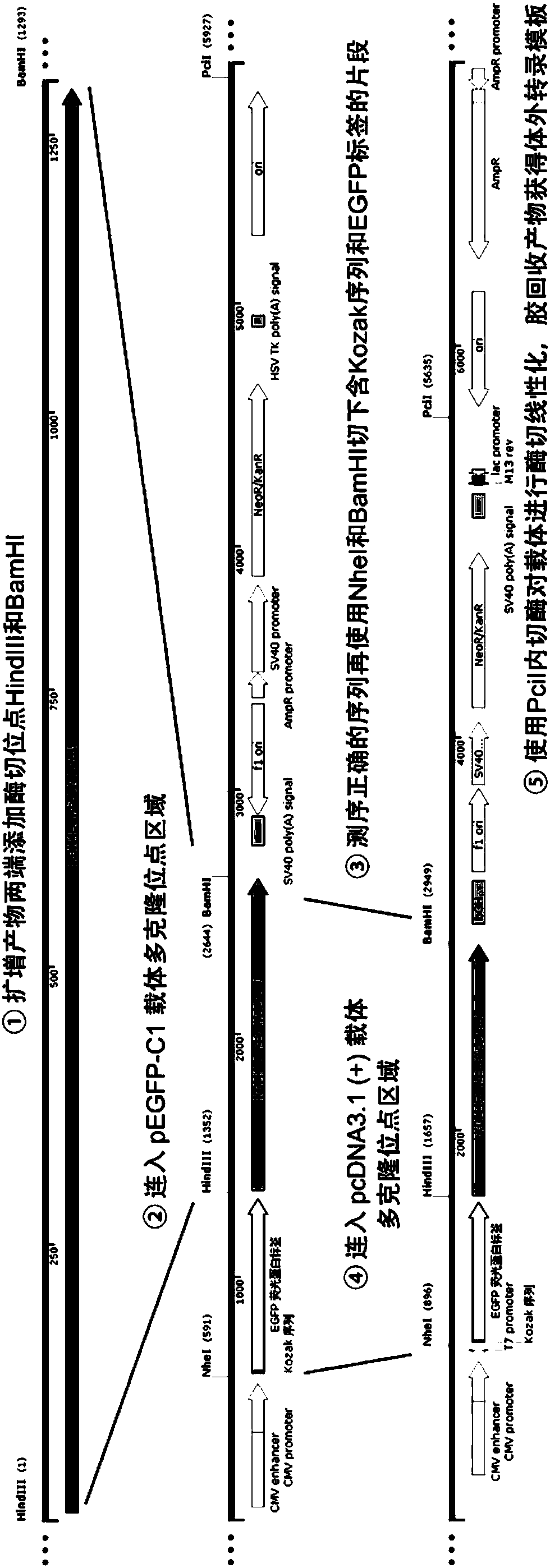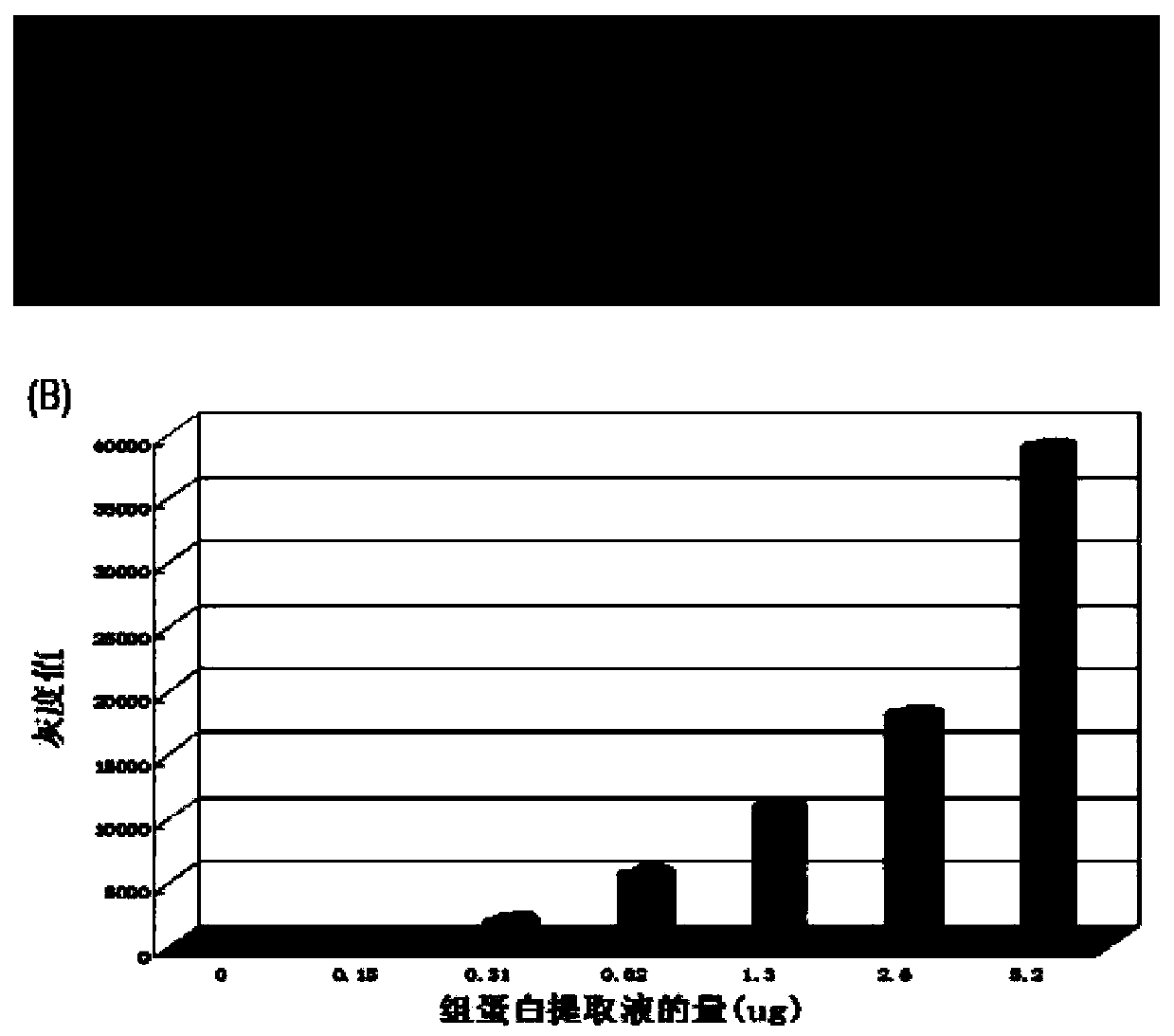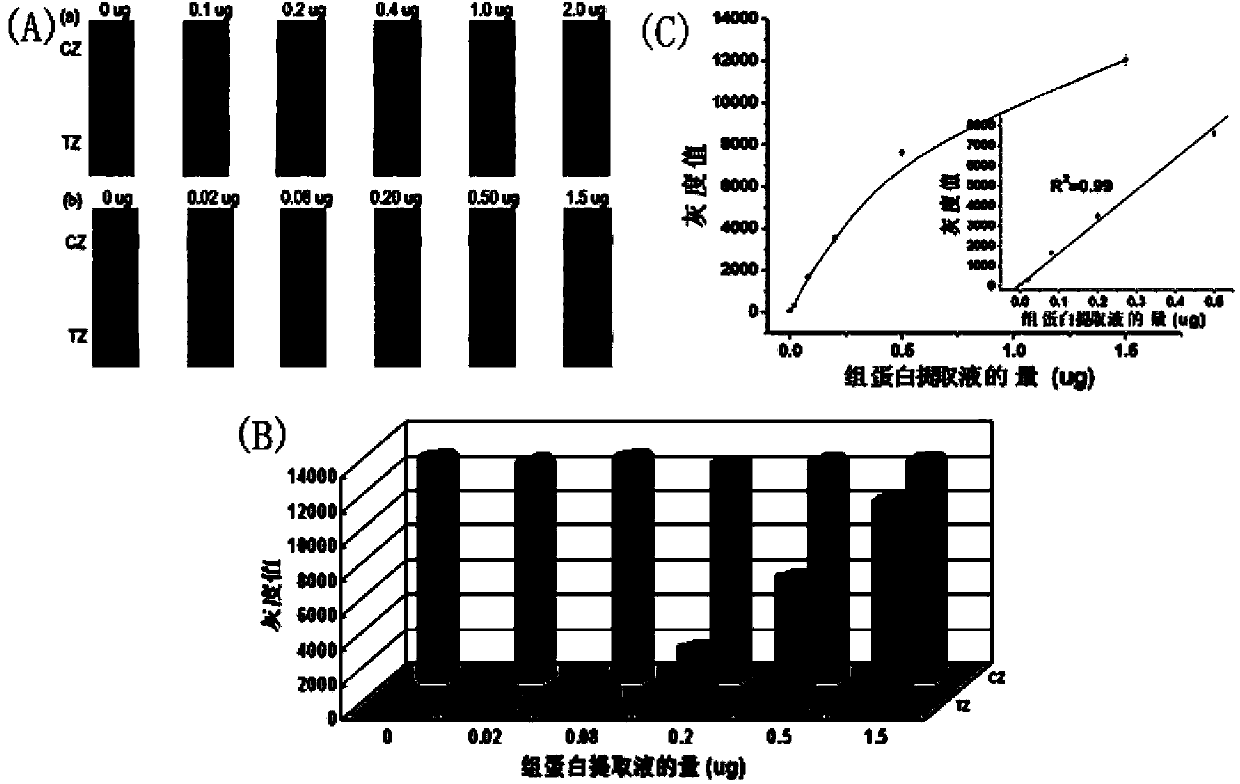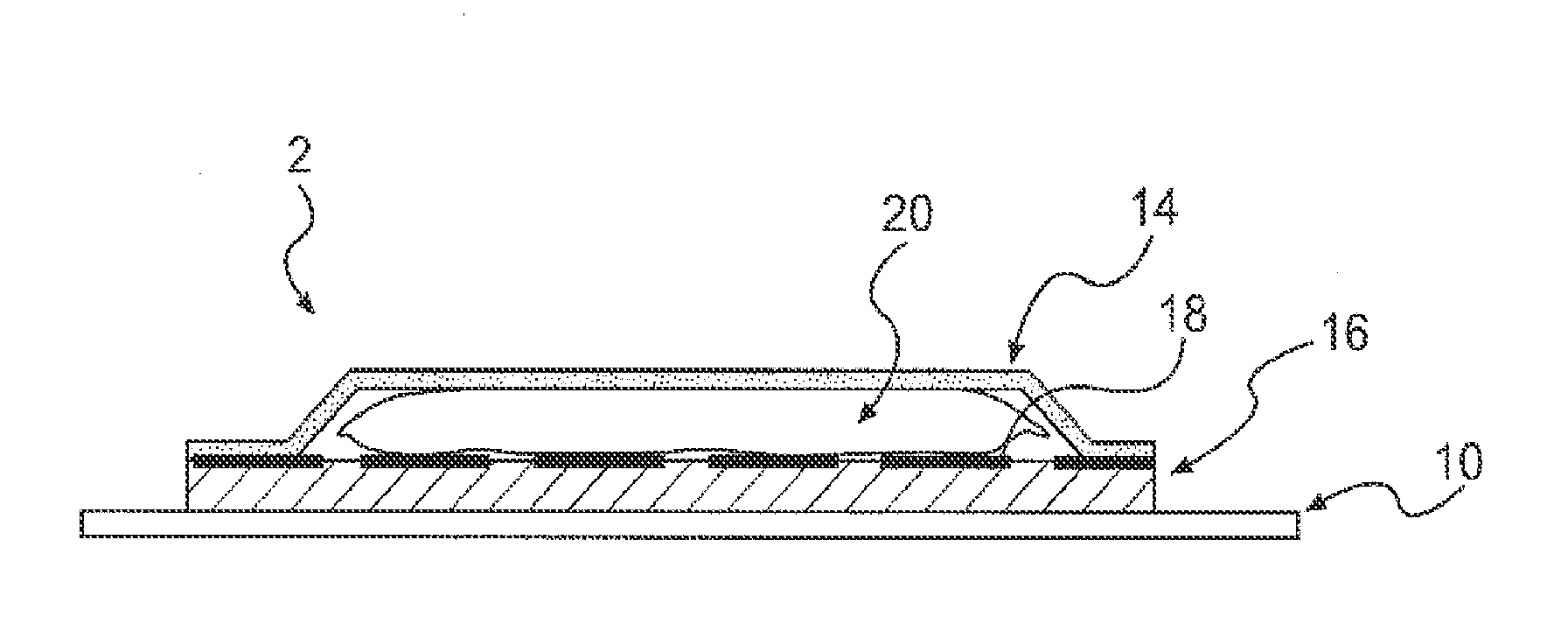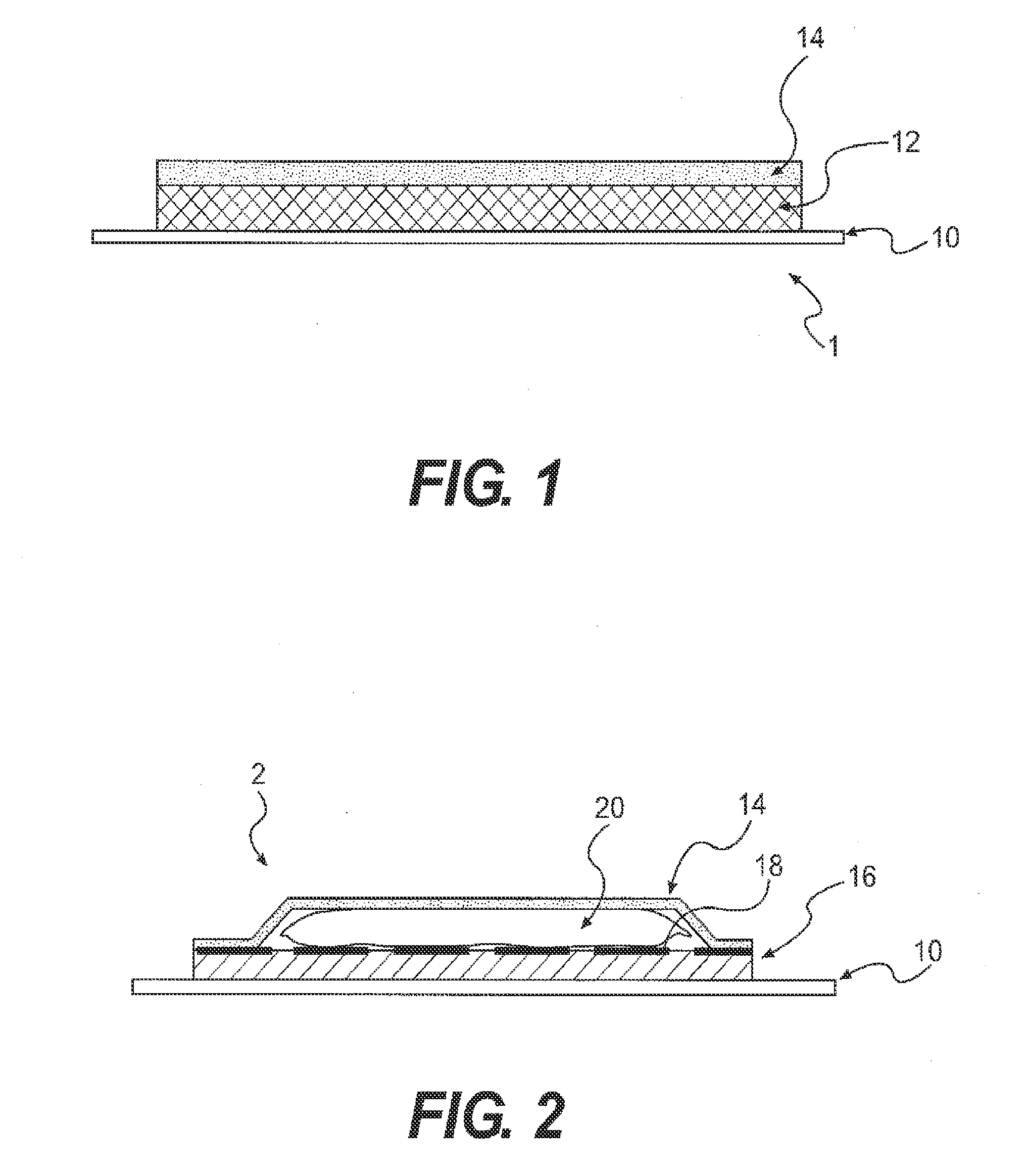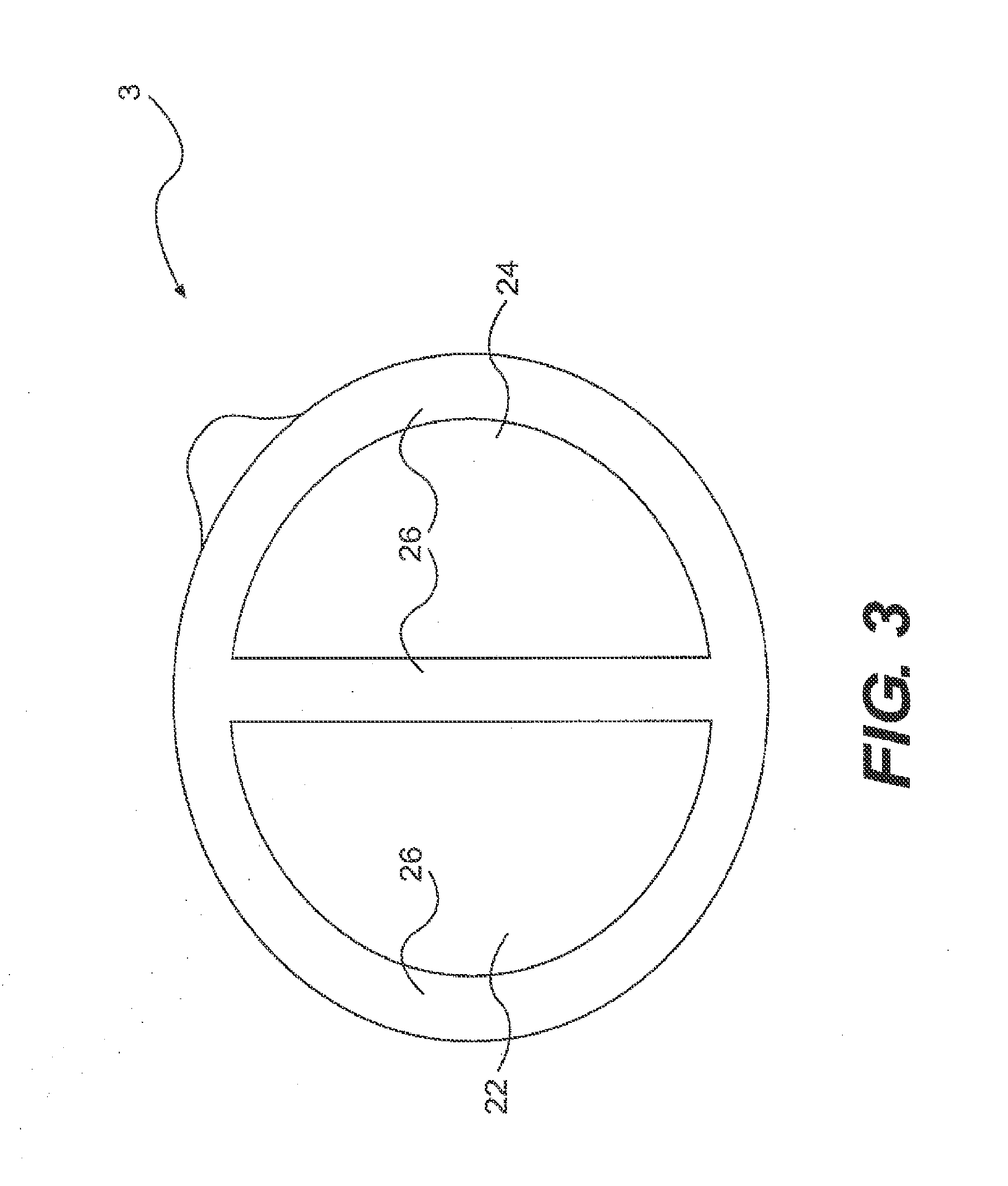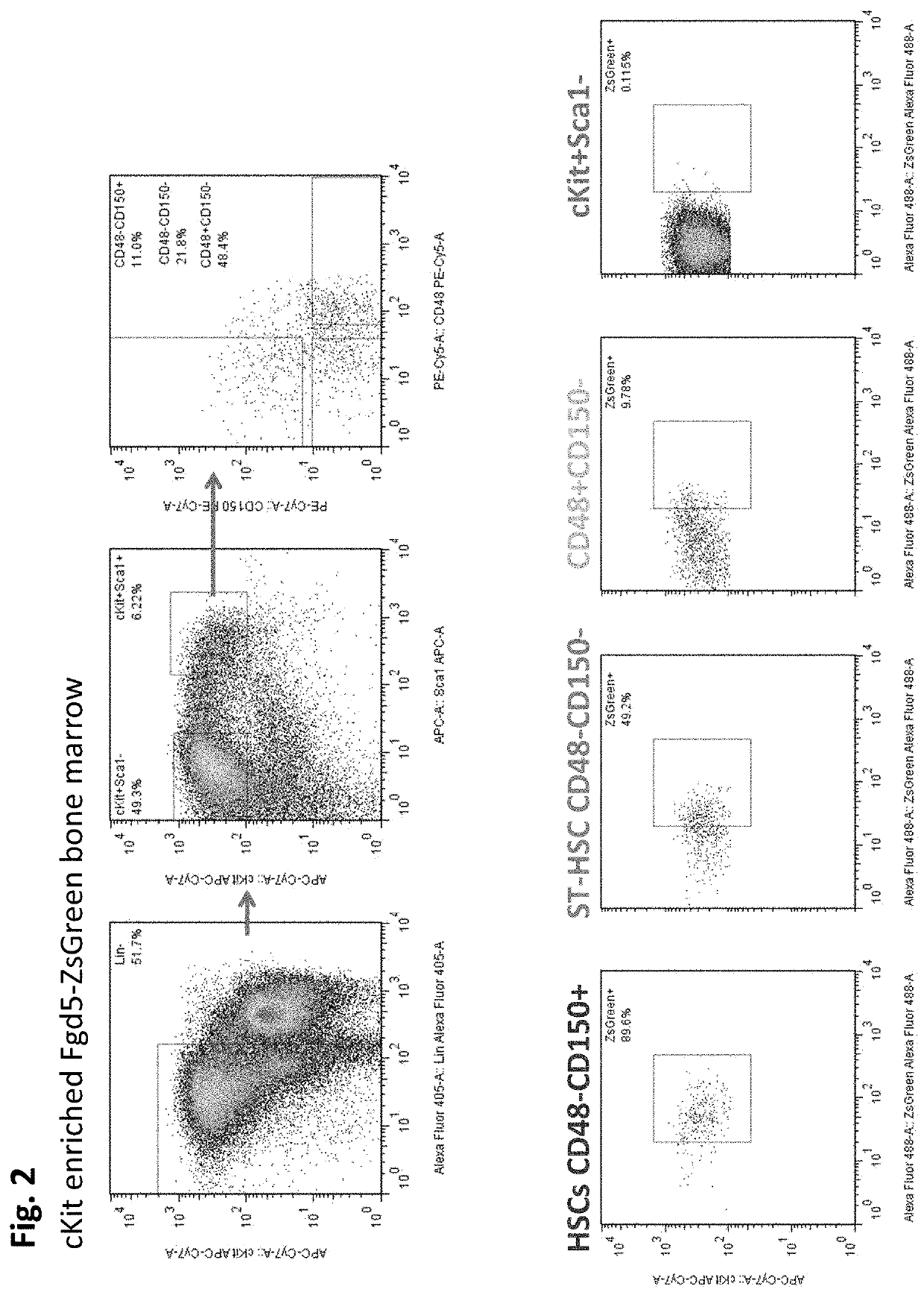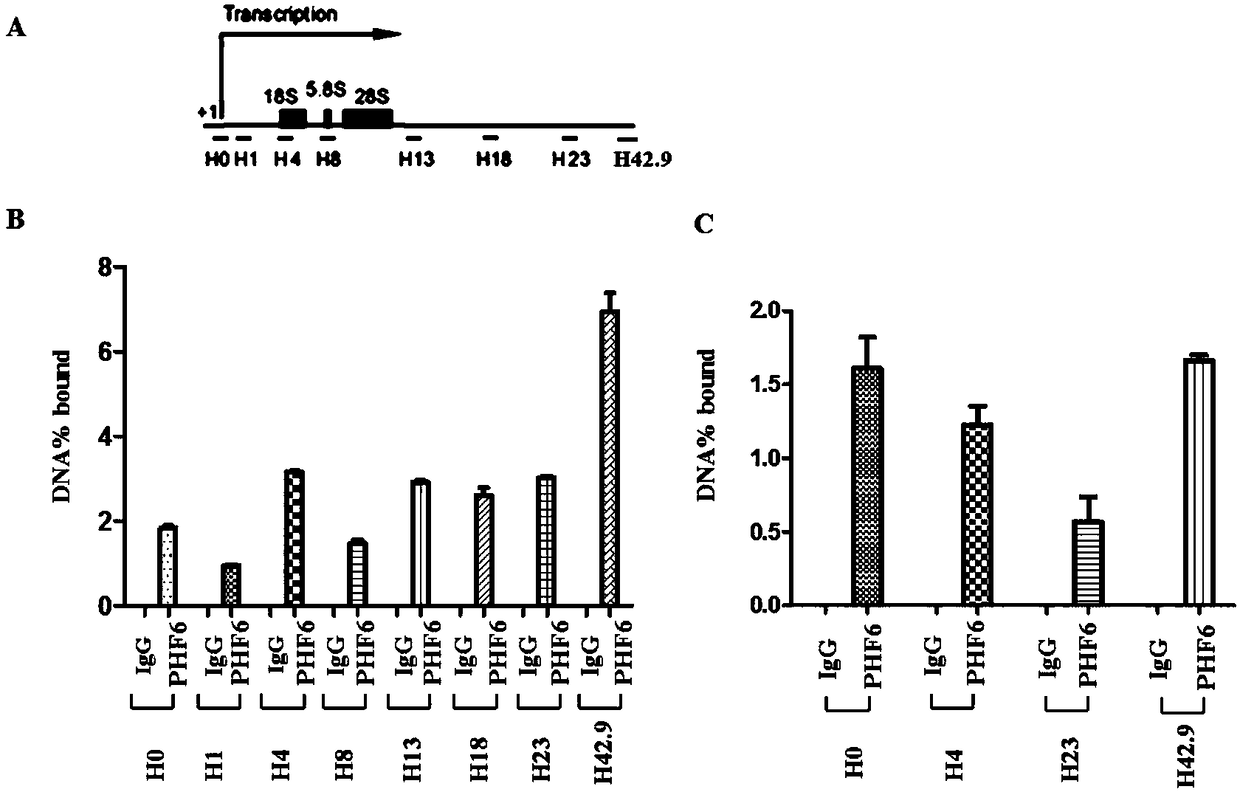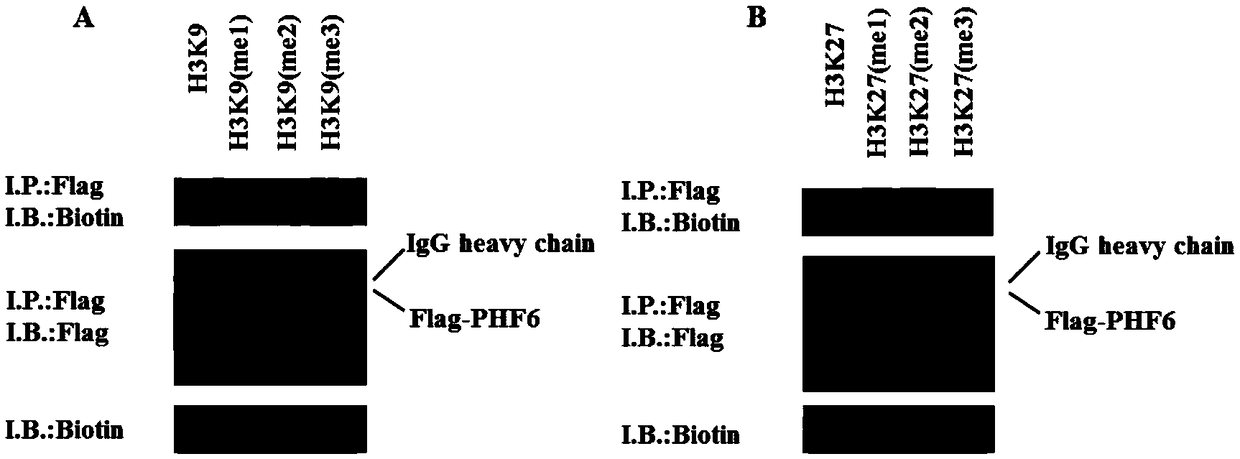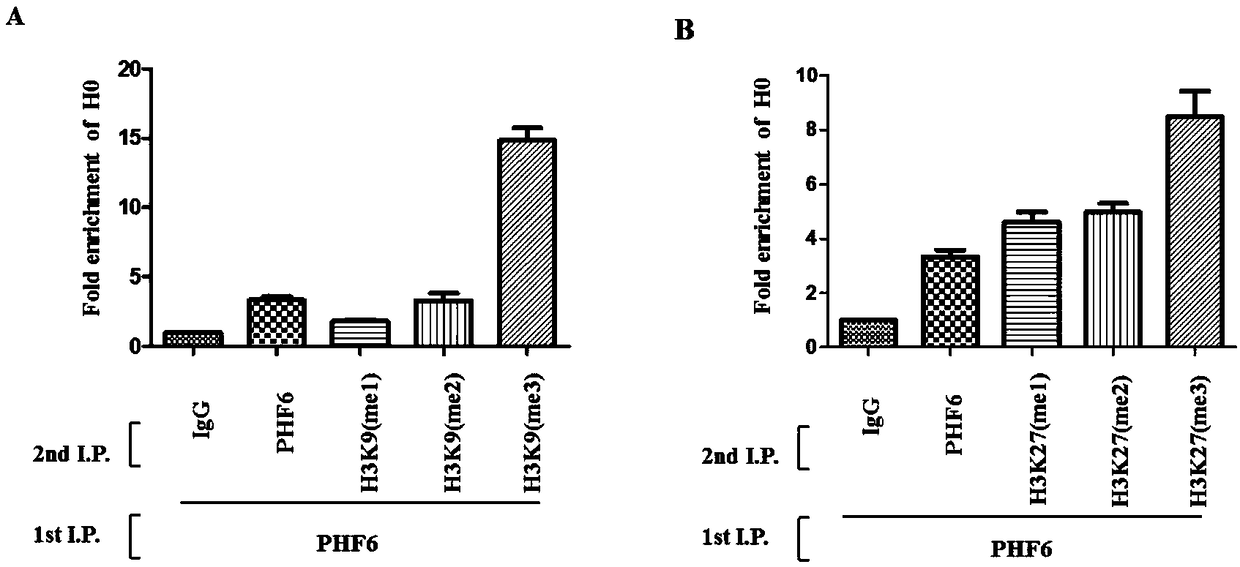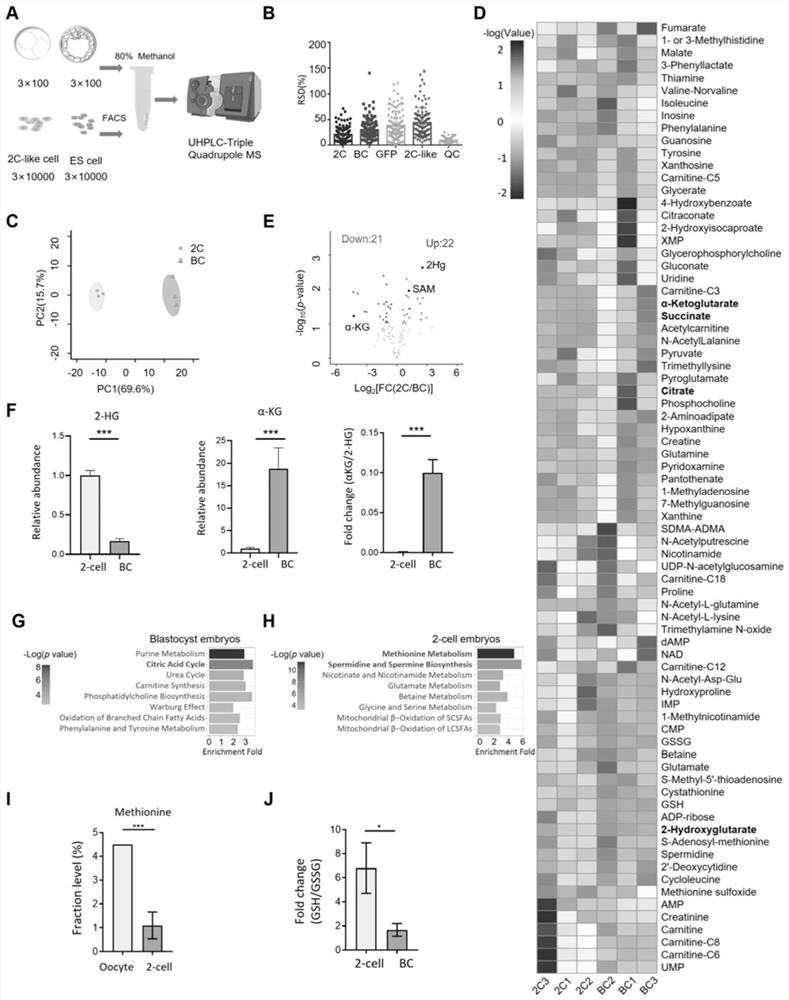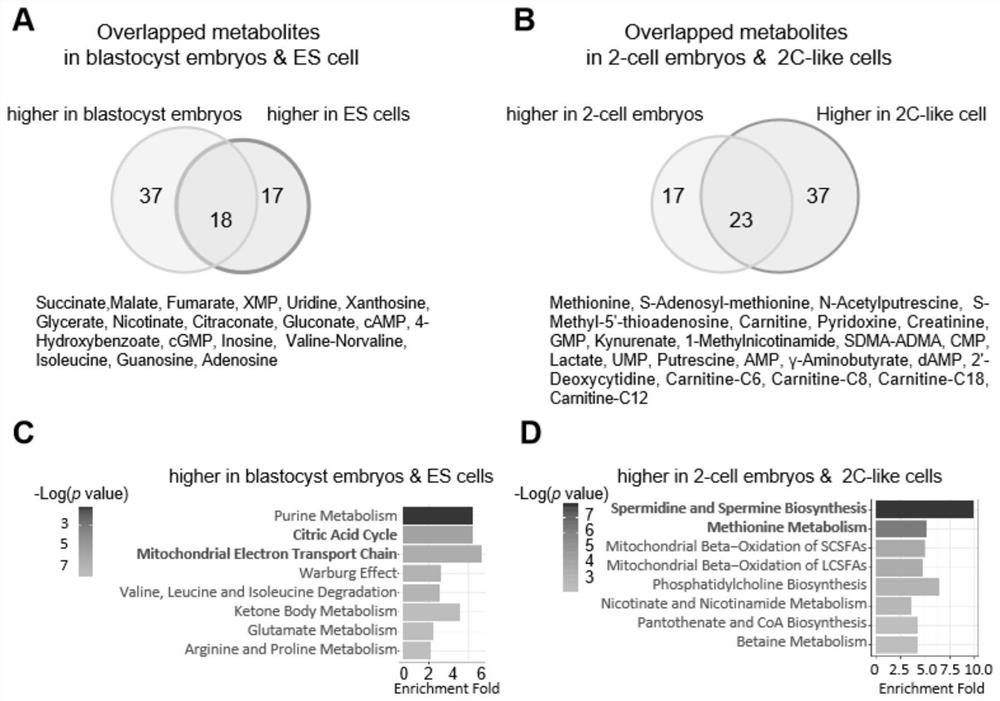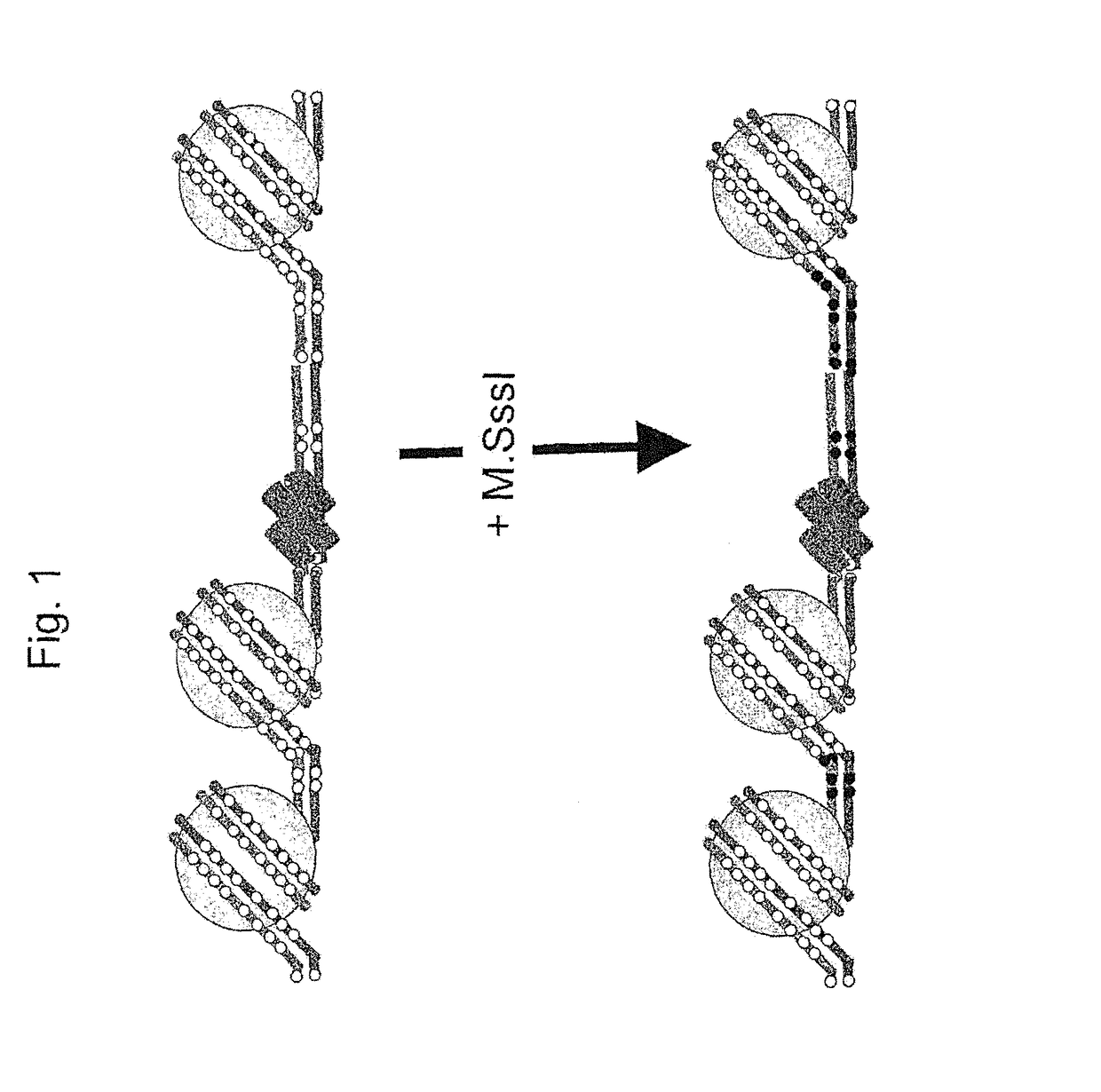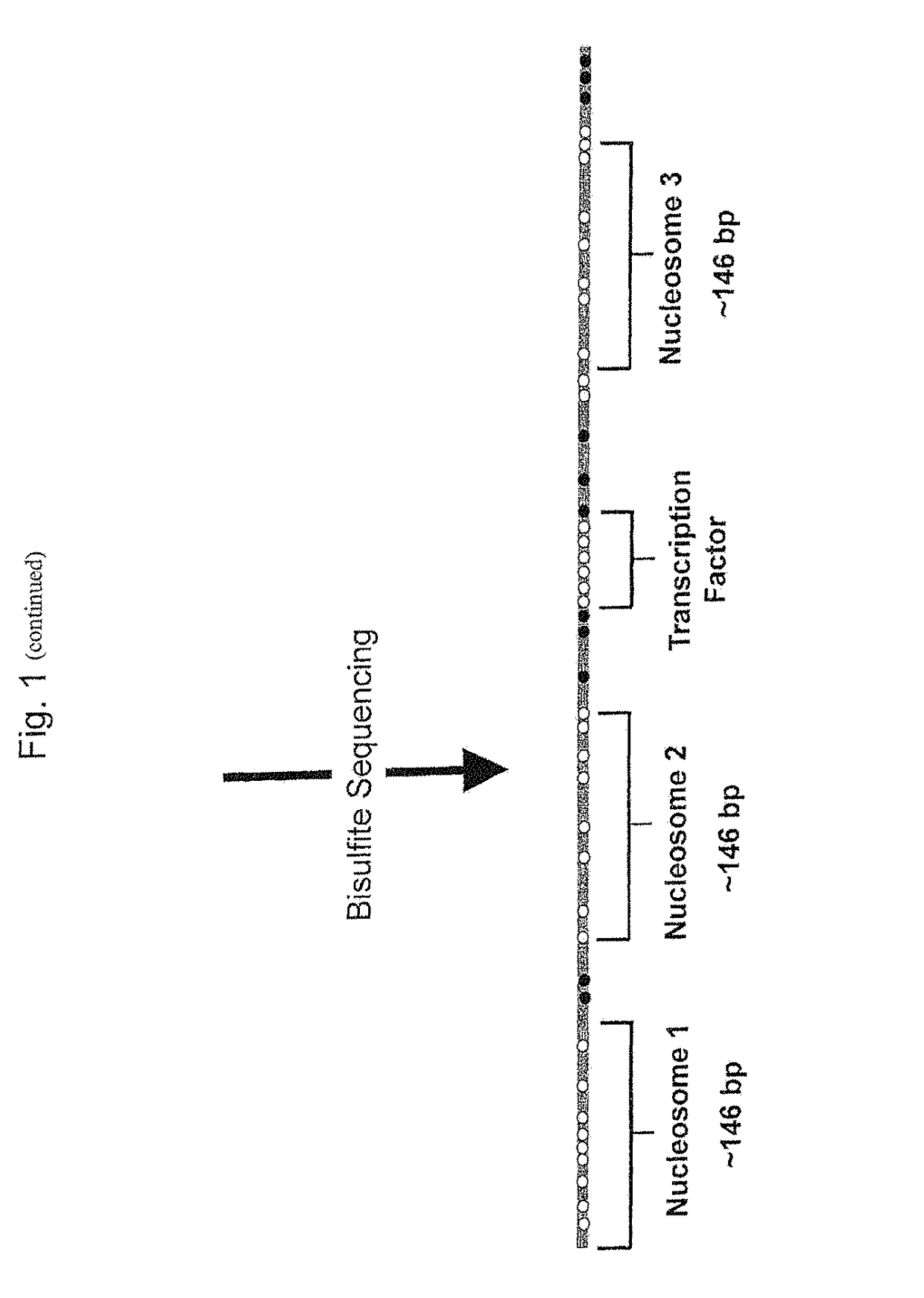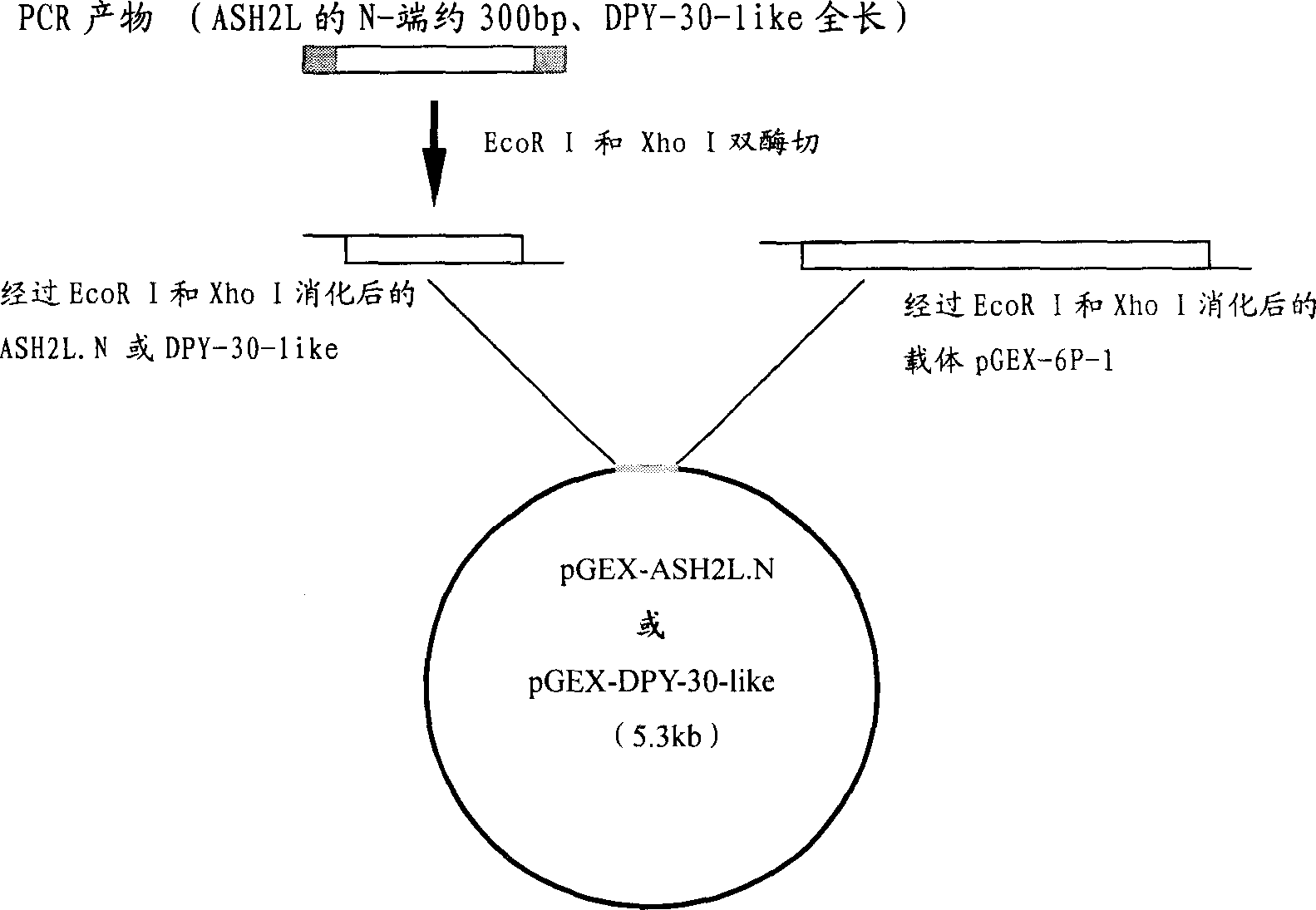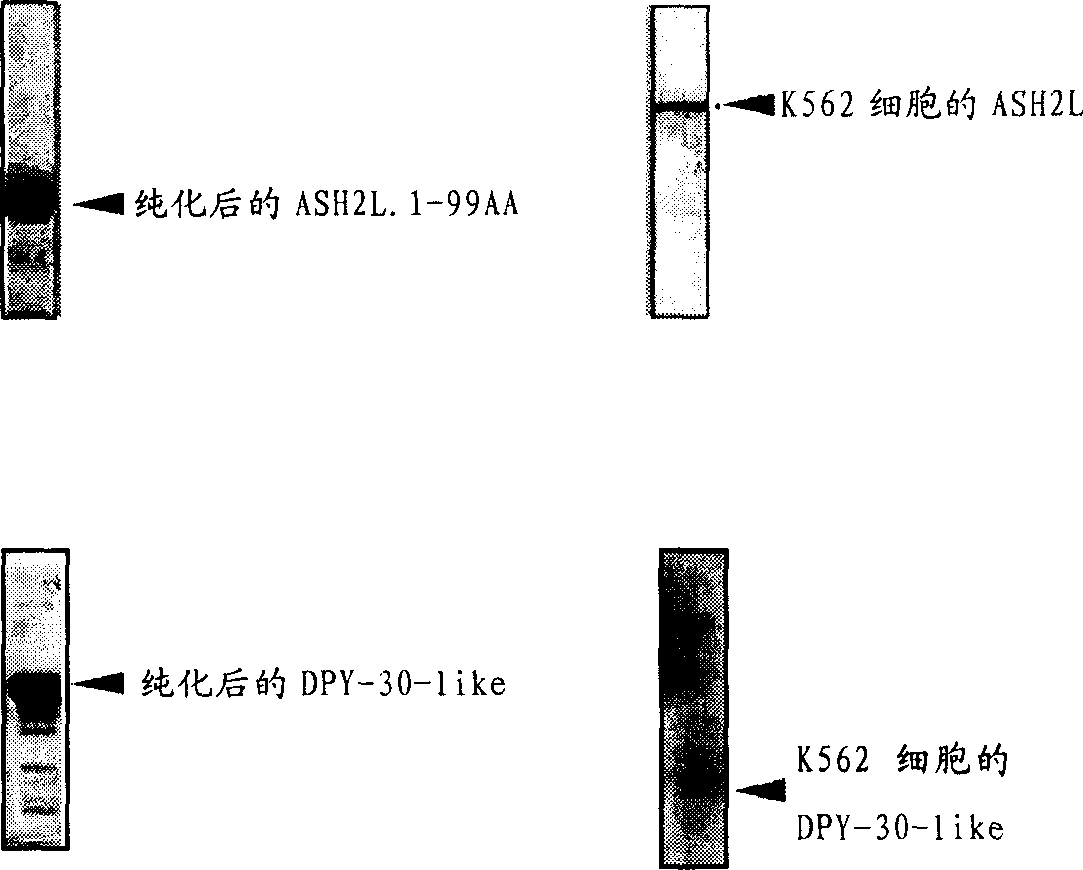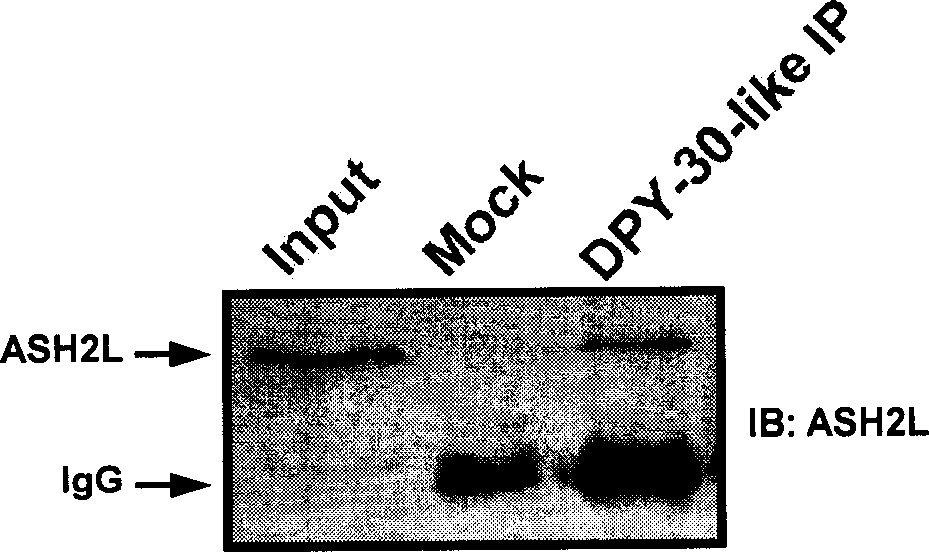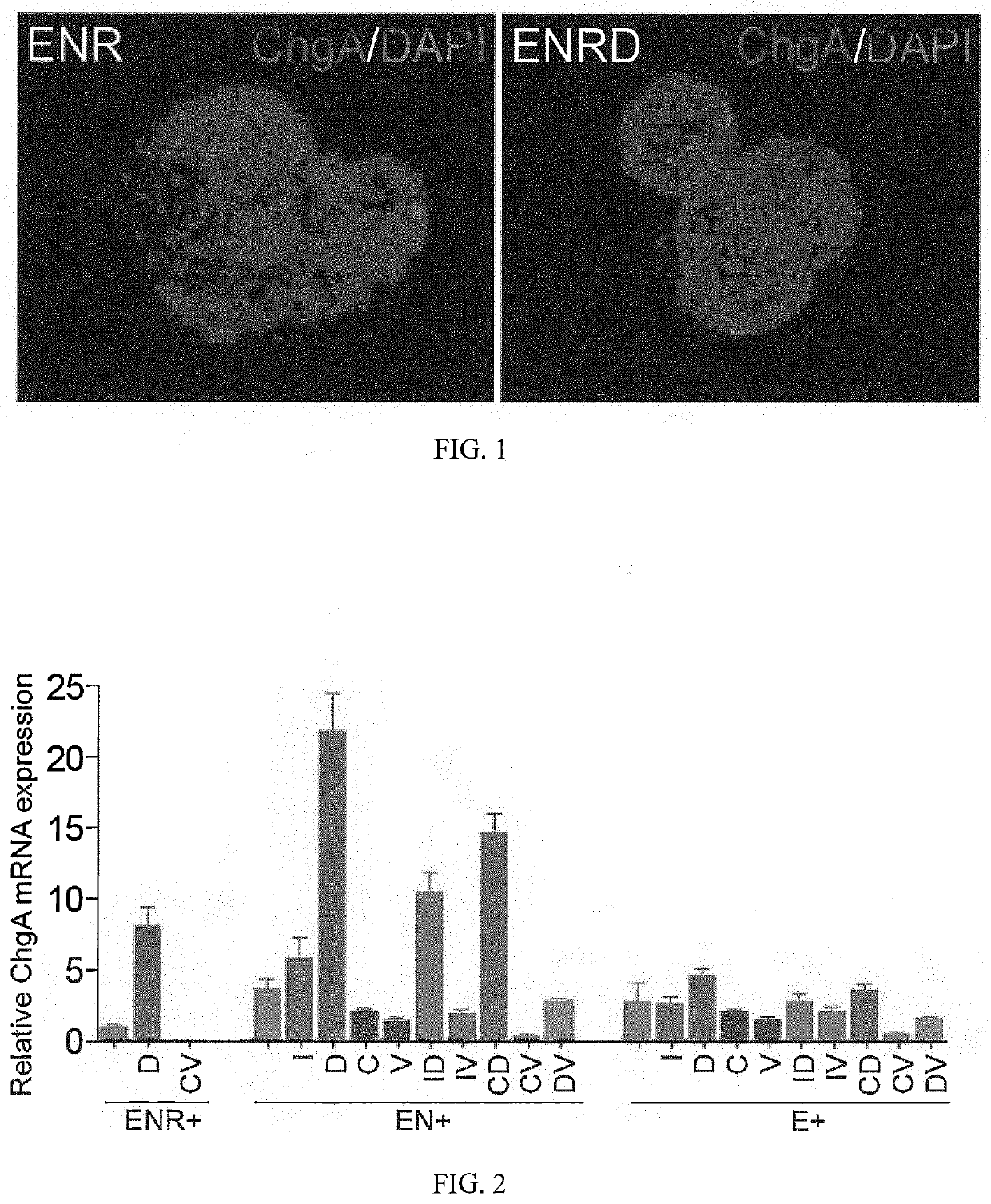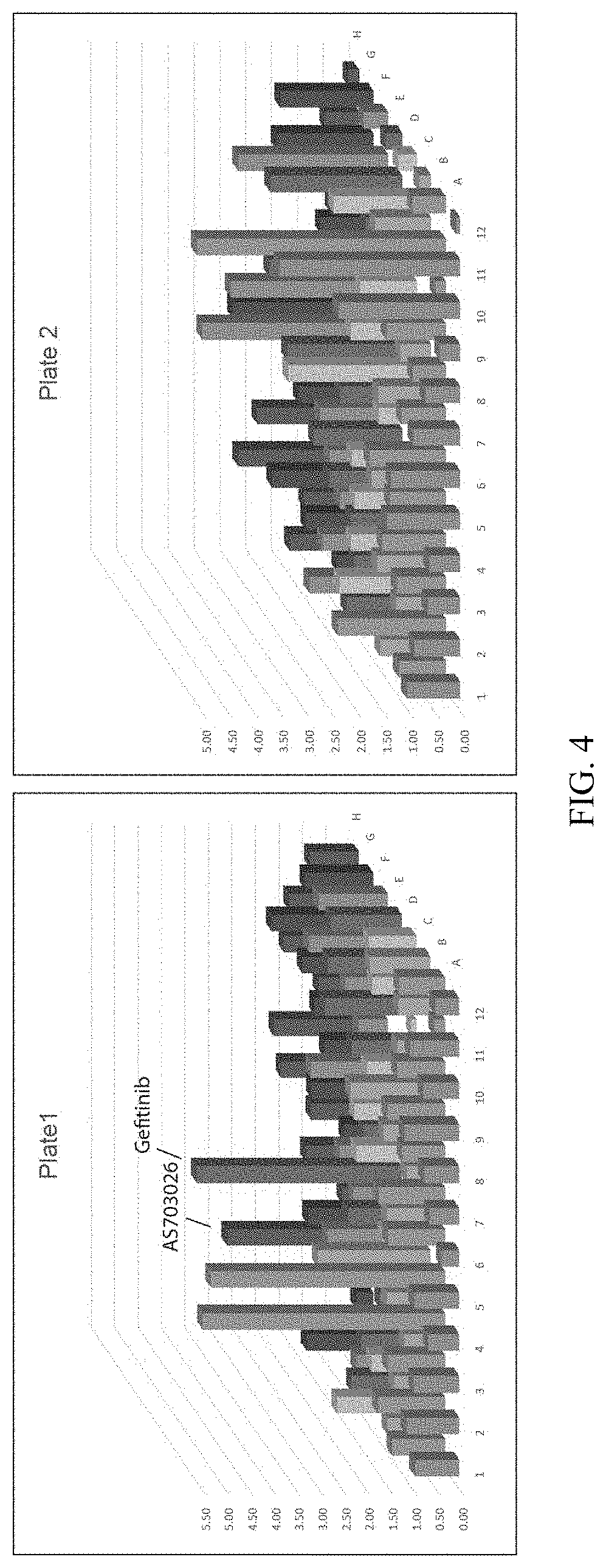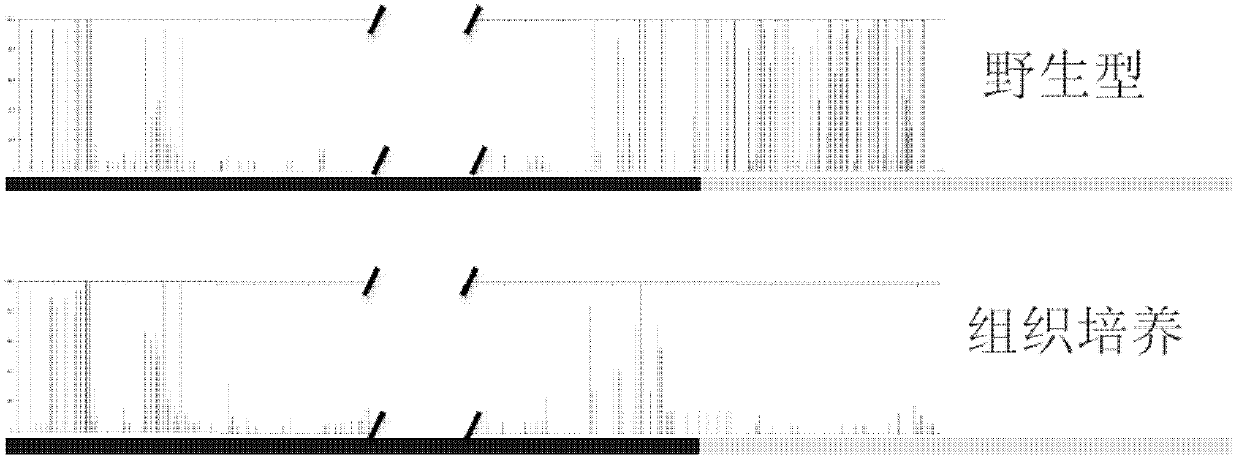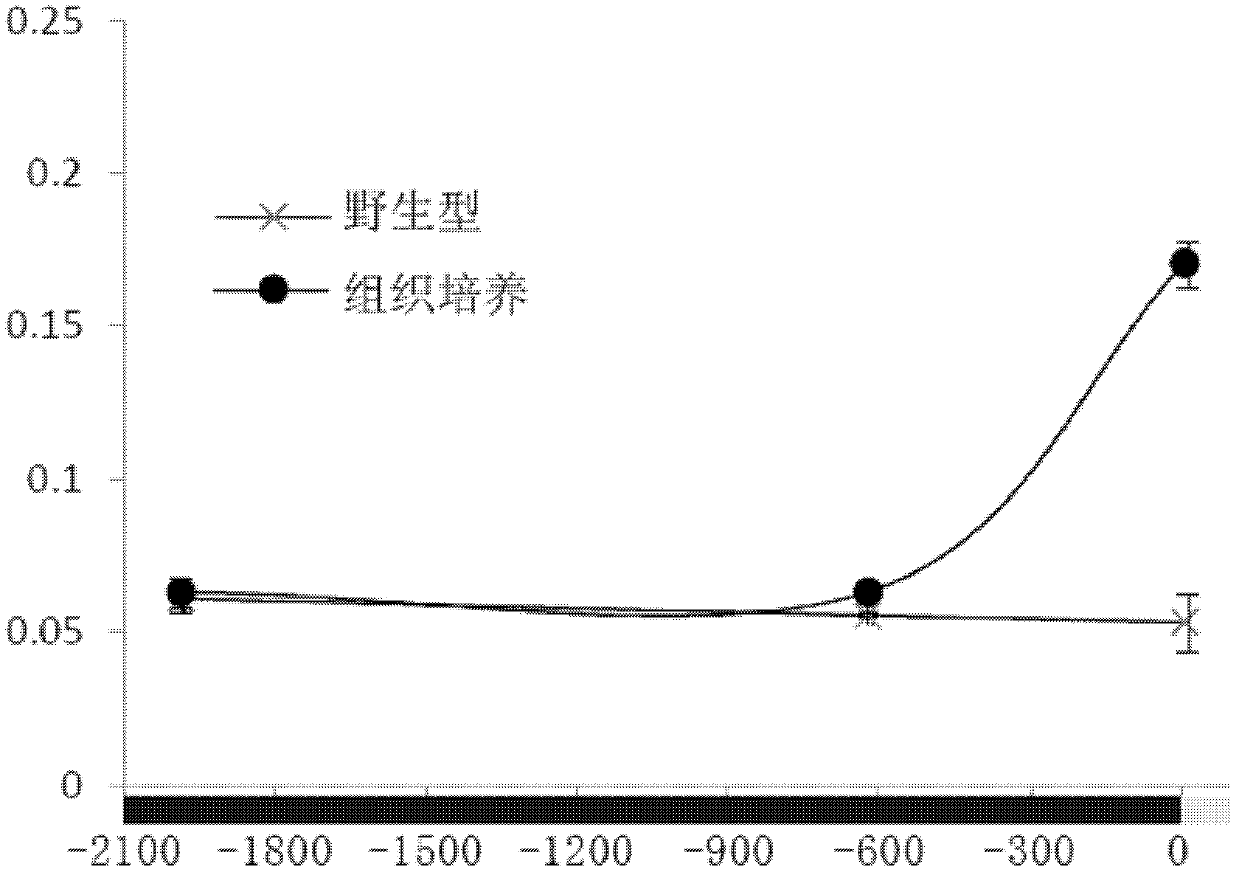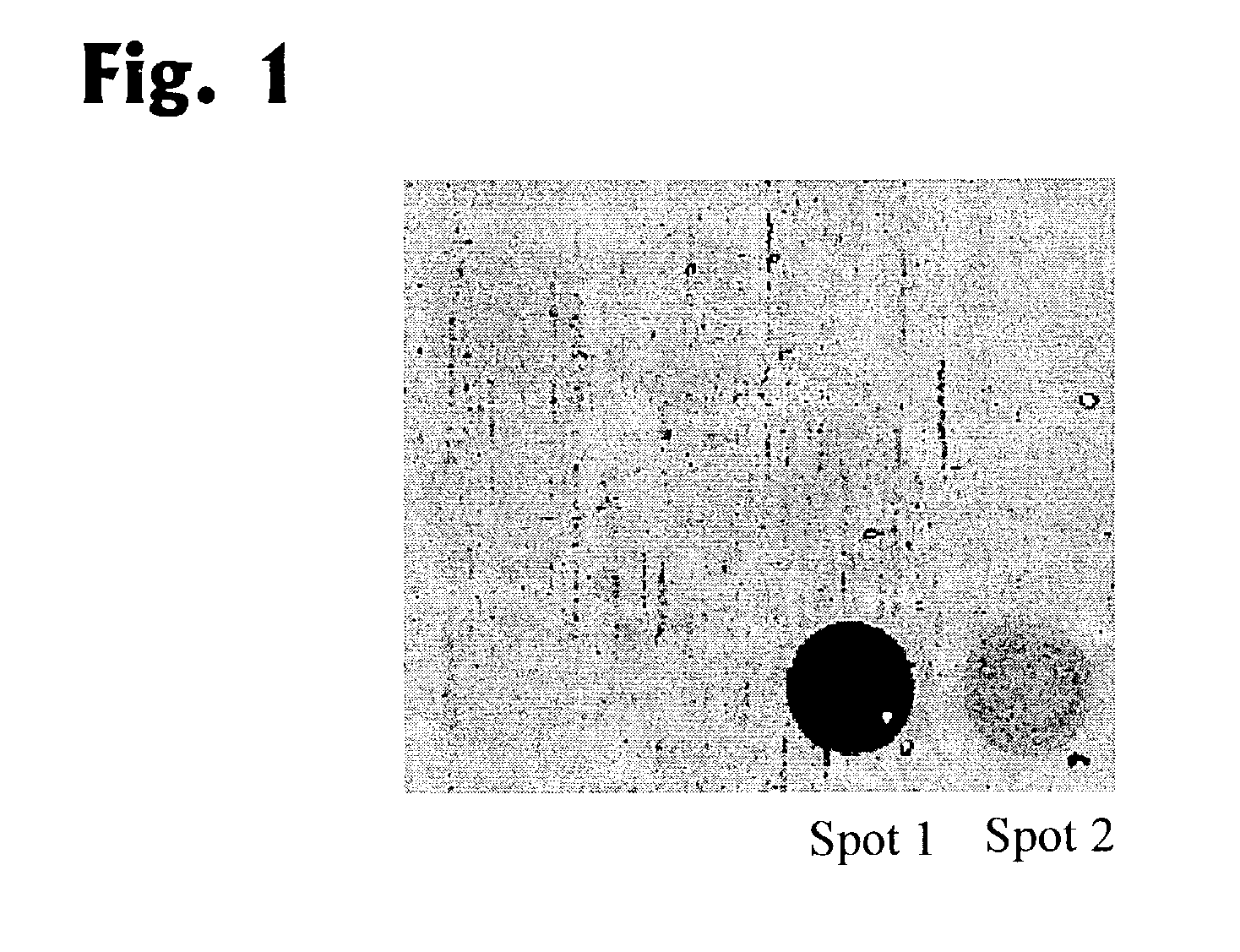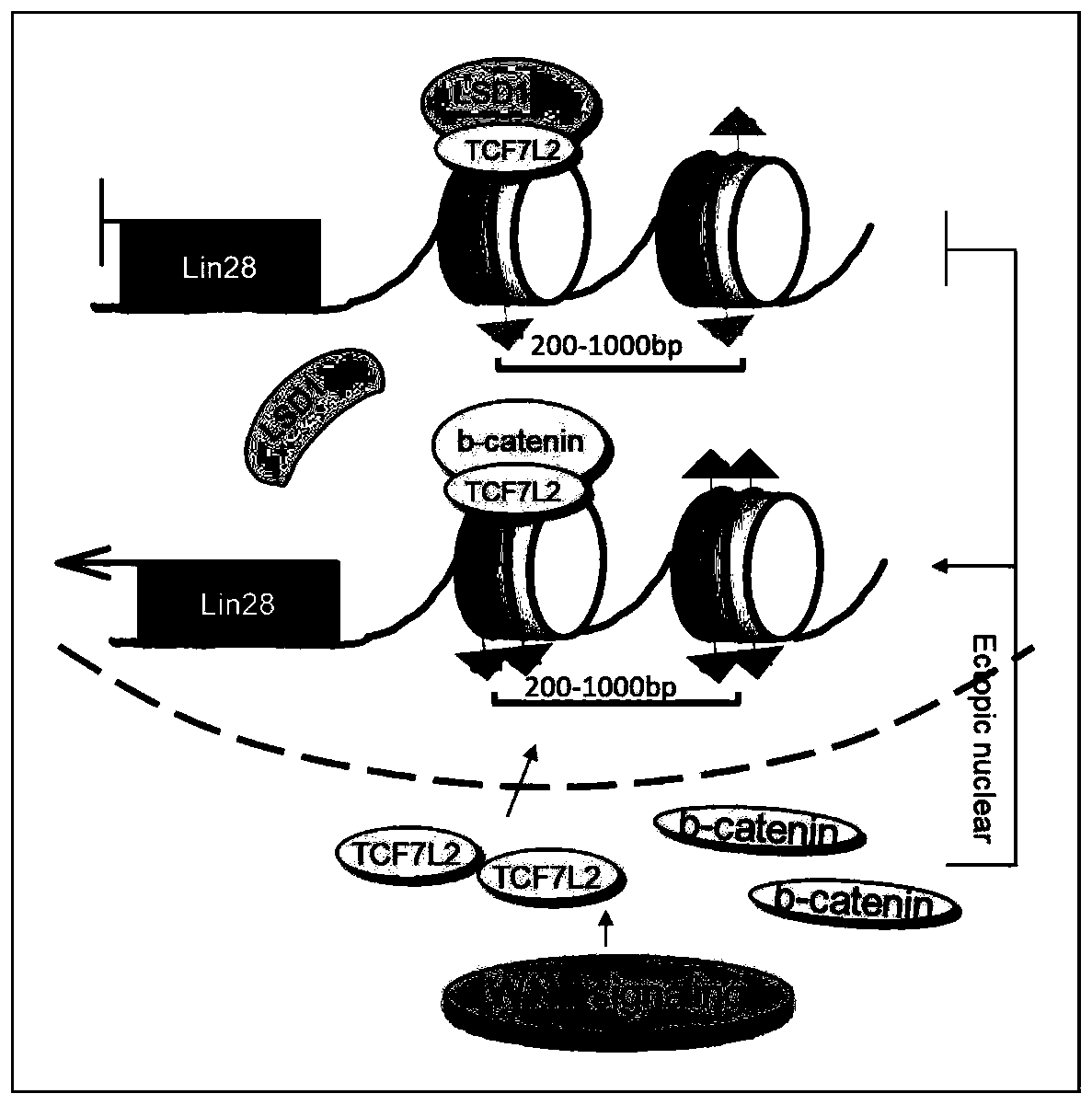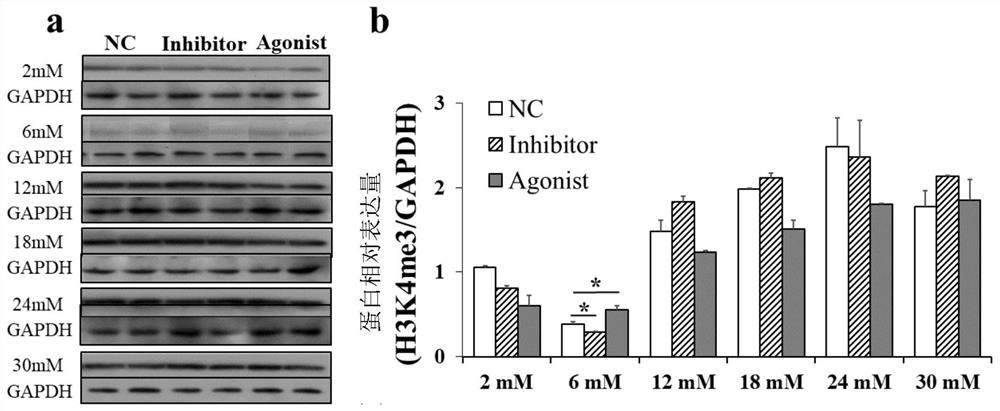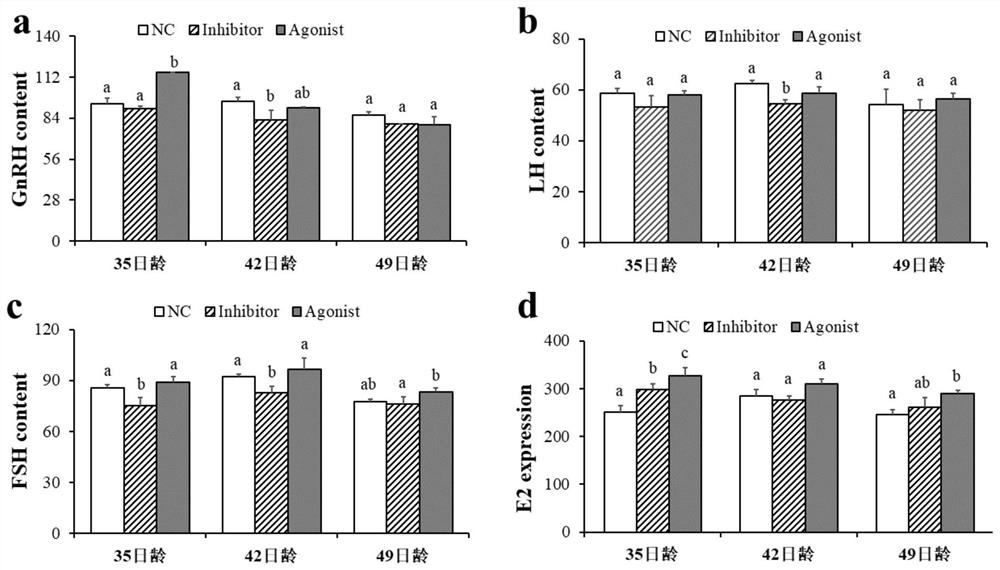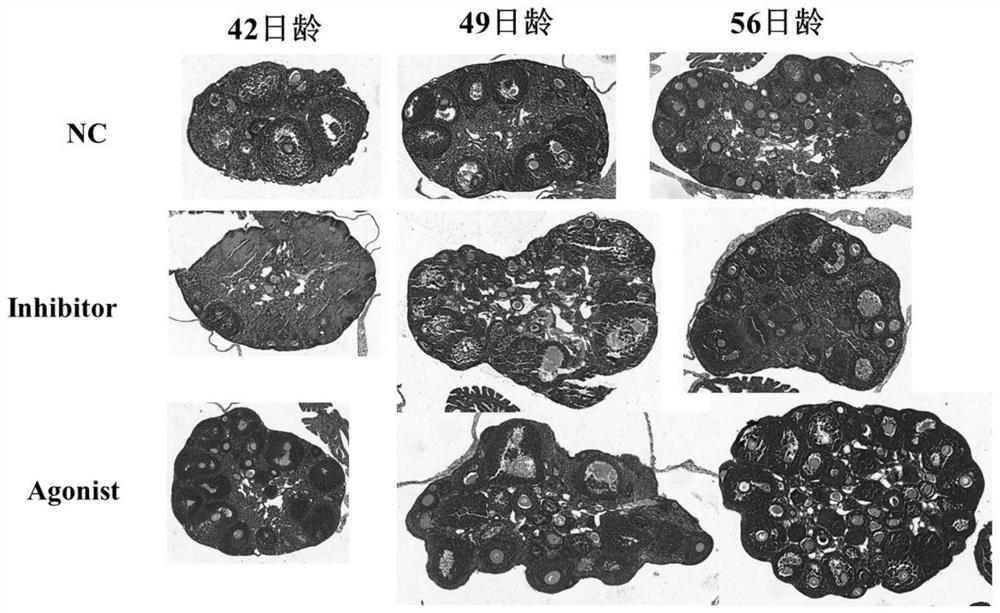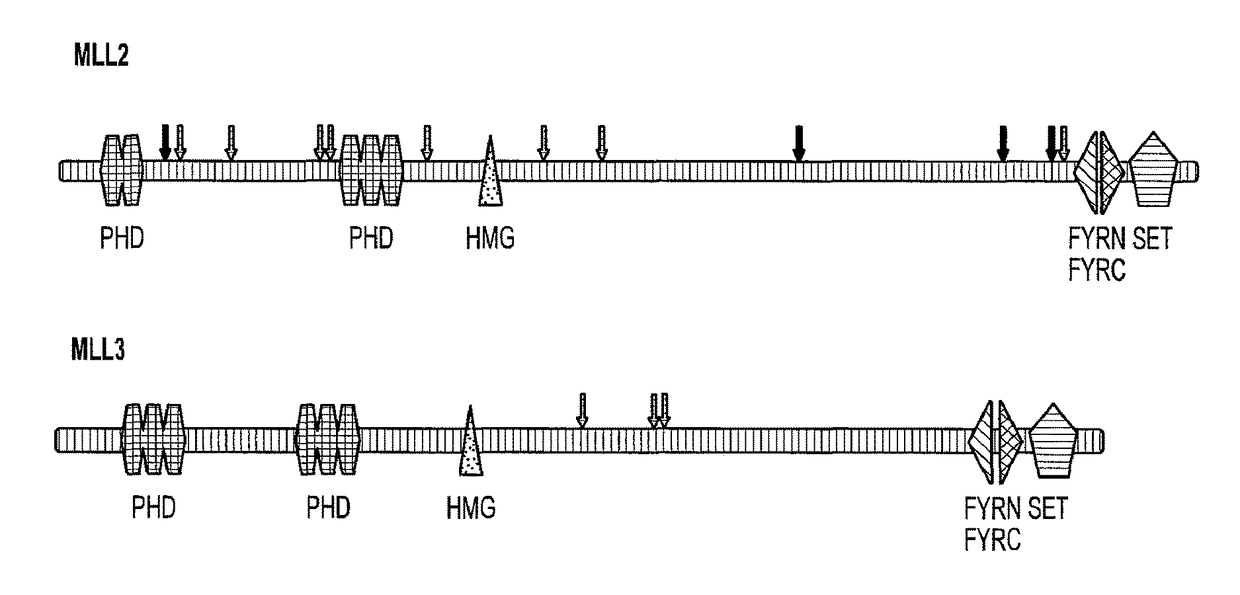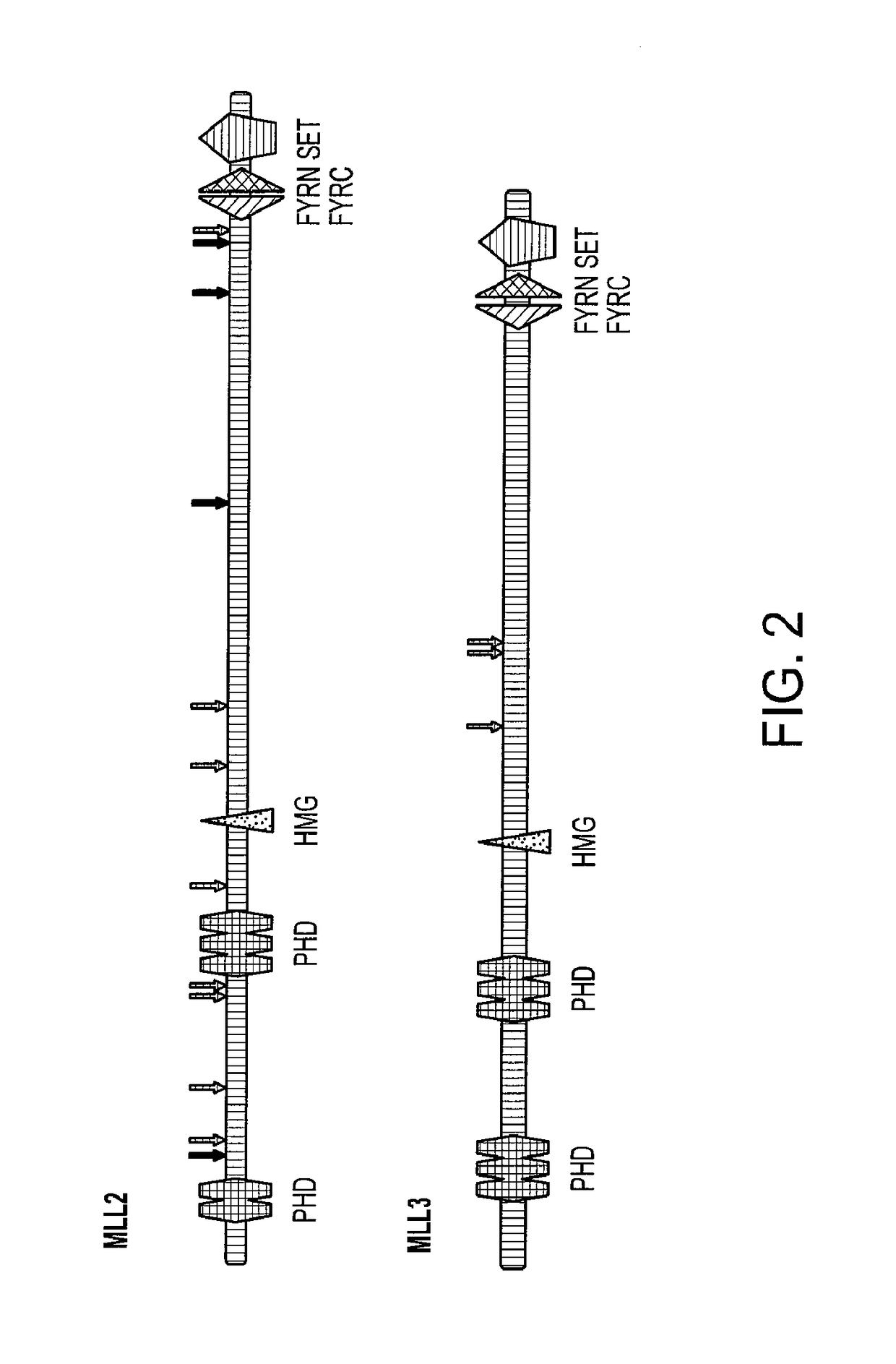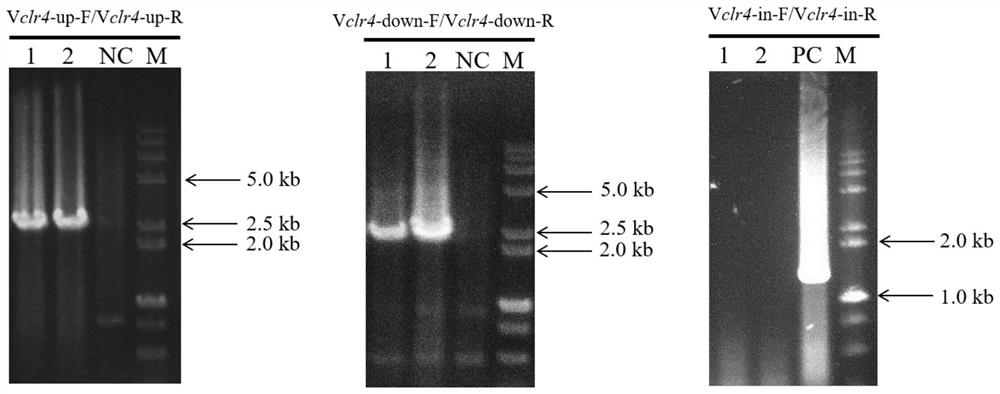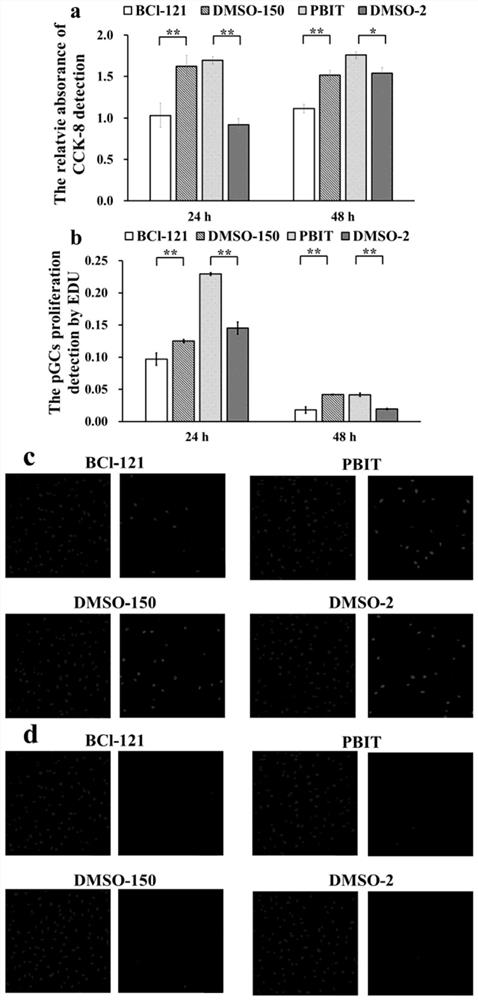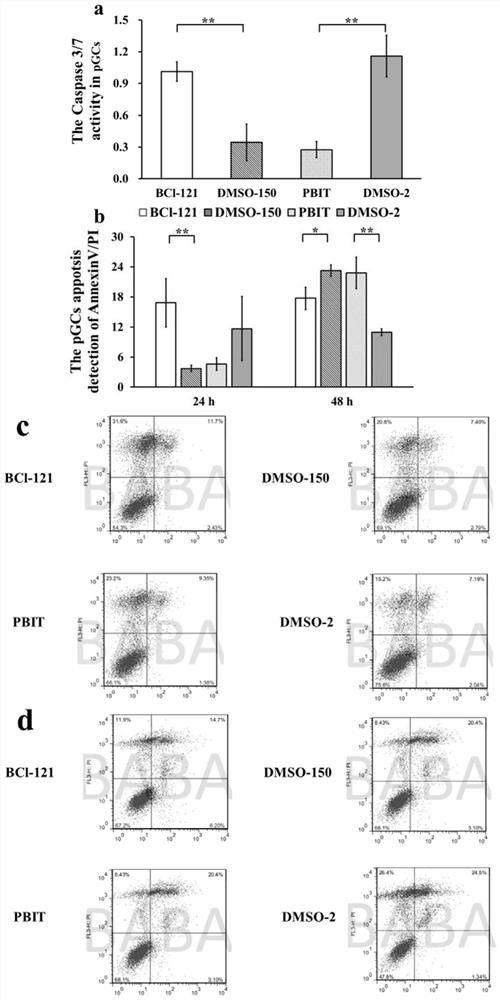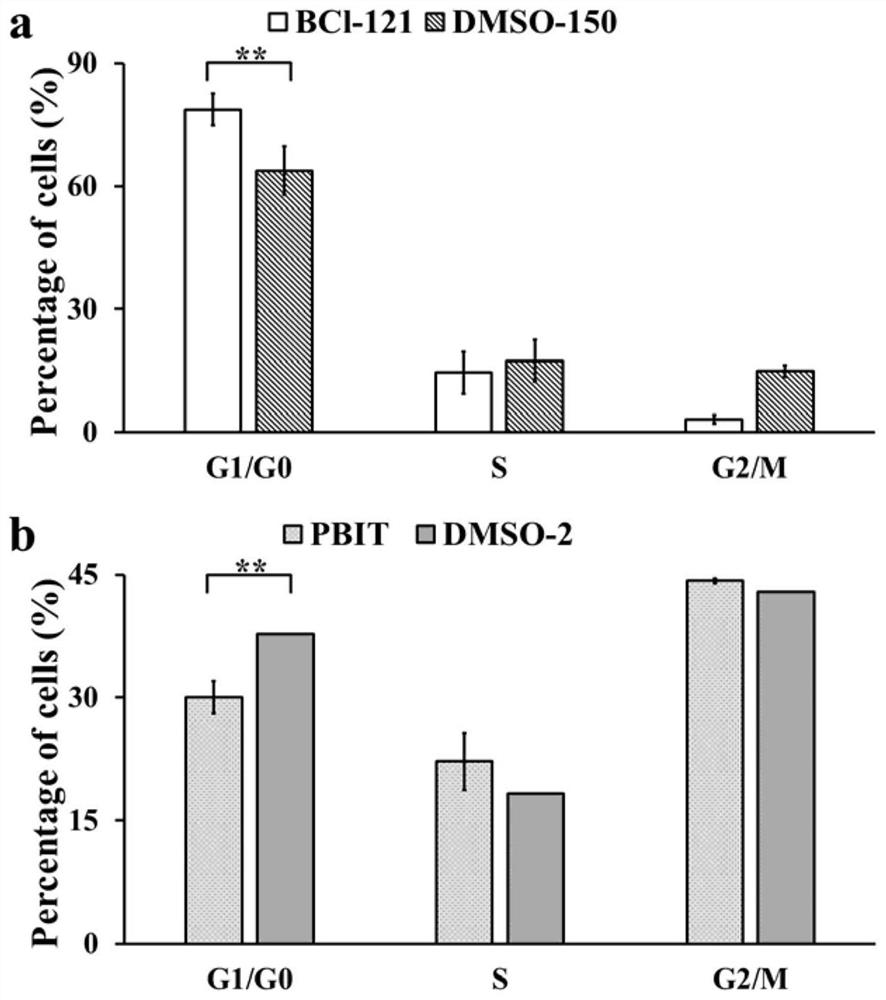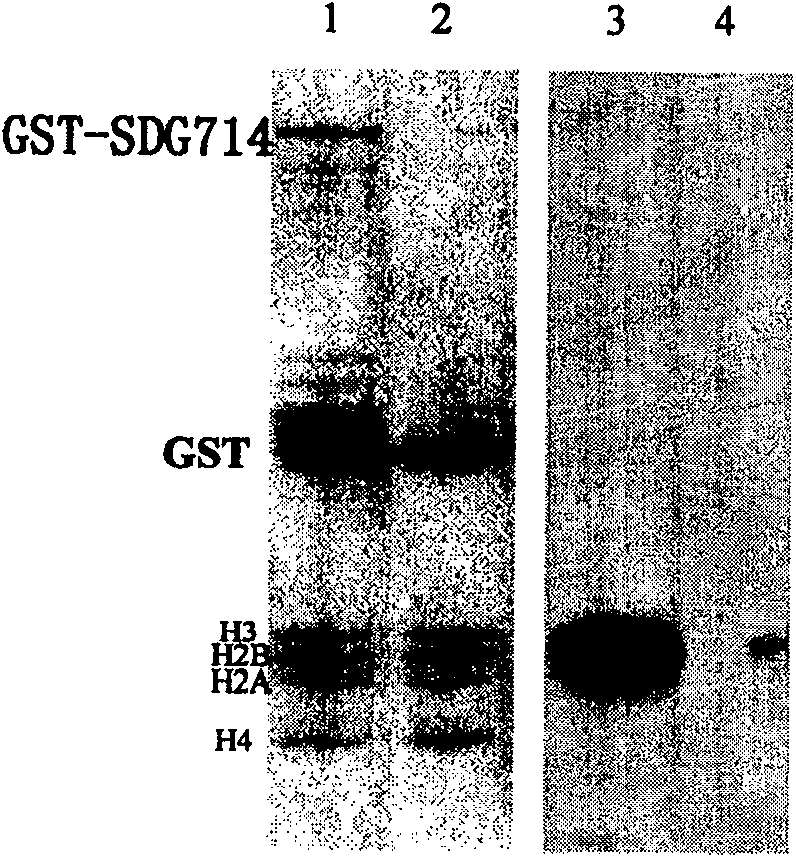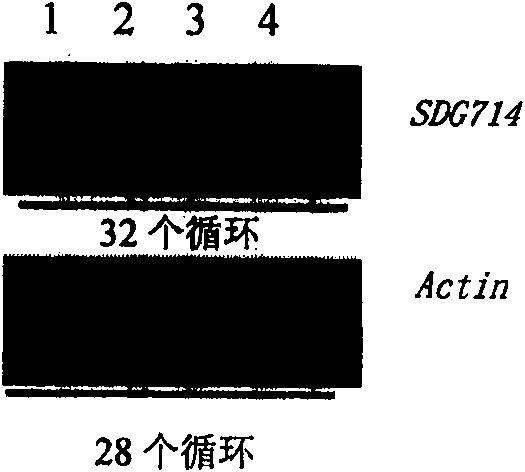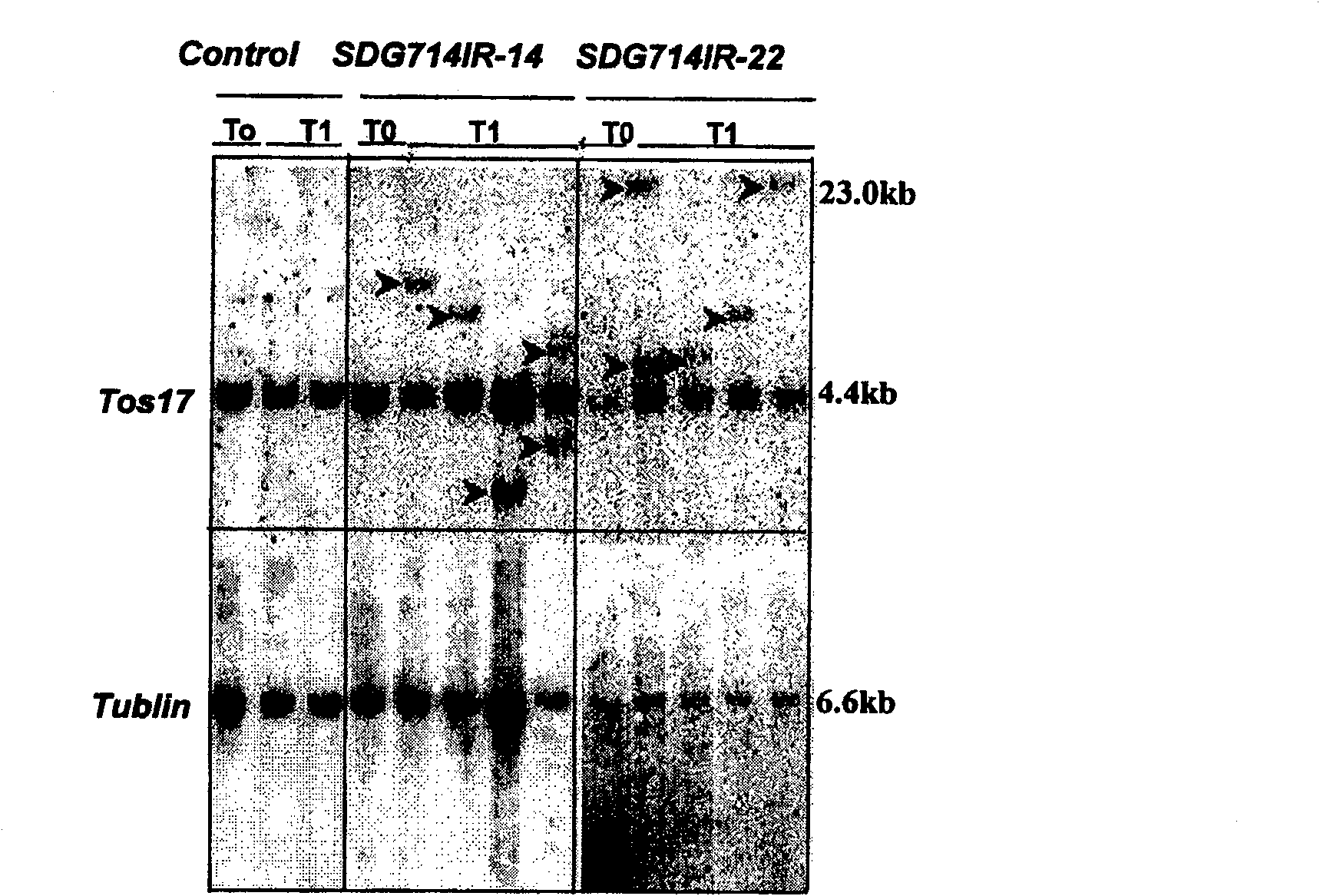Patents
Literature
Hiro is an intelligent assistant for R&D personnel, combined with Patent DNA, to facilitate innovative research.
54 results about "Histone methylation" patented technology
Efficacy Topic
Property
Owner
Technical Advancement
Application Domain
Technology Topic
Technology Field Word
Patent Country/Region
Patent Type
Patent Status
Application Year
Inventor
Histone methylation is a process by which methyl groups are transferred to amino acids of histone proteins that make up nucleosomes, which the DNA double helix wraps around to form chromosomes. Methylation of histones can either increase or decrease transcription of genes, depending on which amino acids in the histones are methylated, and how many methyl groups are attached. Methylation events that weaken chemical attractions between histone tails and DNA increase transcription, because they enable the DNA to uncoil from nucleosomes so that transcription factor proteins and RNA polymerase can access the DNA. This process is critical for the regulation of gene expression that allows different cells to express different genes.
Diagnostic and Therapeutic Targets for Leukemia
InactiveUS20090061443A1Microbiological testing/measurementBiological testingHistone methylationPromoter activity
The present invention relates to methods of identifying candidate compounds for the treatment of leukemia and diagnostic methods based on histone methylation and HoxA5 promoter activity.
Owner:THE UNIV OF NORTH CAROLINA AT CHAPEL HILL
Compositions and methods for enhancing cell reprogramming
The invention provides compositions and methods of use to enhance reprogramming of mammalian cells. Certain compositions and methods of the invention are of use to enhance generation of induced pluripotent stem cells by reprogramming somatic cells. Certain compositions and methods of the invention are of use to enhance reprogramming of pluripotent mammalian cells to a differentiated cell type. Certain compositions and methods of the invention are of use to enhance reprogramming of differentiated mammalian cells of a first cell type to differentiated mammalian cells of a second differentiated cell type. The reprogrammed somatic cells are useful for a number of purposes, including treating or preventing a medical condition in an individual. The invention further provides methods for identifying an agent that enhances or contributes to reprogramming mammalian cells. Certain of the inventive compositions and methods relate to inhibiting histone methylation.
Owner:WHITEHEAD INST FOR BIOMEDICAL RES
Detecting gene methylation
Methods, kits, and compositions for detecting the methylation status of various genes are useful in various diagnostic applications involving suspected proliferative disorders such as prostate cancer.
Owner:VERIDEX LCC
Production of Differentiated Enteroendocrine Cells and Insulin Producing Cells
ActiveUS20170349884A1Promote cell differentiationHigh expressionGastrointestinal cellsAntipyreticHistone methylationWnt inhibitor
A population of enteroendocrine cells (EEC) is obtained from a mammalian post-natal cell population, such as a population including post-natal stem cells, by treating the population with a plurality of small molecules that upregulate ChgA and promote differentiation of the cells to form the enteroendocrine cells. The upregulation of ChgA is such that the fraction of cells expressing CGA in the obtained cell population, as measured by a ChgA Immunostaining Assay, is at least about 1.5%. Small molecules that can be used to differentiate the post-natal cells into the enteroendocrine cells can include at least one of a Wnt activator, a Notch inhibitor, a Wnt inhibitor, a MEK / ERK inhibitor, a growth factor, a HDAC inhibitor, a Histone Methylation Inhibitor, a Tgf-β inhibitor, and a NeuroD1 activator. Also, the insulin expression of a population of mammalian cells is increased by treating the population with a plurality of small molecules that increase the insulin expression.
Owner:THE BRIGHAM & WOMEN S HOSPITAL INC +1
Multiple lung cancer-related gene methylation combined detection kit, multiple lung cancer-related gene methylation combined detection method, and applications of multiple lung cancer-related gene methylation combined detection kit
PendingCN107974503AImprove the detection rateIngenious designMicrobiological testing/measurementHistone methylationWilms' tumor
The invention provides a multiple lung cancer-related gene methylation combined detection kit, which comprises: a detection reagent for specifically detecting the DNA methylation of human SHOX2 gene;a detection reagent for specifically detecting the DNA methylation of human RASSF1A gene; a detection reagent for specifically detecting the DNA methylation of human ANKRD18B gene; and a detection reagent for specifically detecting the DNA methylation of human MPDZ gene, wherein preferably the detection reagents are primers and probes. The invention further provides applications of the multiple lung cancer-related gene methylation combined detection kit in multiple lung cancer-related gene methylation combined detection, and a multiple lung cancer-related gene methylation combined detection method. According to the present invention, the multiple lung cancer-related gene methylation combined detection kit can perform the combined detection on the multiple lung cancer-related gene methylation, can significantly improve the tumor detection rate, has advantages of clever design and simple structure, and is suitable for large-scale promotion and applications.
Owner:上海透景诊断科技有限公司
Vector, cell and method for improving bovine cloning efficiency on the basis of histone methylation modifying level
ActiveCN105524940AImprove bovine cloning efficiencyImprove cloning efficiencyFermentationVector-based foreign material introductionHistone methylationOperon
The present invention discloses a vector, a cell and a method for improving bovine cloning efficiency on the basis of histone methylation modifying level. The vector includes a repressor expression vector and a repressor-operon-containing expression vector, and in the transfection, the repressor expression vector and the repressor-operon-containing expression vector are cotransfected into donor cells; and bovine KDM4B or bovine KDM4C gene is inserted into the repressor-operon-containing expression vector. Positive transfected cells as donor cells are injected into enucleated oocytes for electro-fusion, and successfully-fused bovine somatic cell cloned embryos are selected for culturing for 36h for induced expression of the bovine KDM4B and bovine KDM4C. Histone H3K9me3 epigenetic modifying level of the somatic cell cloned embryos in zygotic activation period can be effectively reduced, the development and quality of post-bovine somatic cell cloned blastocysts can be significantly improved, efficient and in-vitro production of the bovine somatic cell cloned embryos can be achieved, and birth rate of cloned cattle after embryo transplant can be significantly increased.
Owner:NORTHWEST A & F UNIV +1
Methods and compositions relating to hematopoietic stem cell expansion, enrichment, and maintenance
ActiveUS10669528B2Inhibit phosphorylationPreventing and disrupting interactionNervous disorderPeptide/protein ingredientsHistone methylationActive agent
The methods and compositions described herein relate to producing, expanding, enriching, and / or maintaining hematopoietic stem cells ex vivo by treating the cells with an agent(s) that exhibits two or more activities selected from modulation of histone methylation; inhibition of TGFβ signaling; inhibition of p38 signaling; activation of canonical Wnt signaling; and modulation of histone acetylation. In some embodiments, the technology described herein relates to transplantation of hematopoietic stem cells.
Owner:PRESIDENT & FELLOWS OF HARVARD COLLEGE
Application of tri-methylation of histone H3lysine 4( H3K4me3) to granulosa cells of pigs
ActiveCN109852662ASimple designReliable resultsMicrobiological testing/measurementHistone methylationApoptosis
The invention discloses an application of tri-methylation of histone H3lysine 4( H3K4me3) to granulosa cells of pigs, and belongs to the technical field of cell engineering and genetic engineering. H3K4me3 is used as a penetration point, and a cell biology method is used for researching the influence of the H3K4me3 to the functions of the granulosa cells of pigs. The technical scheme is detailed in design, and reliable in results. In order to confirm the influence of H3K4me3 to the functions of the granulosa cells of the pigs, verification is performed from multiple levels and multiple angles,and verification is performed from the cell level and the protein level. The invention explains that the H3K4me3 has influence on the functions of the granulosa cells of the pigs, the H3K4me3 can promote proliferation of the granulosa cells of the pigs, can restrain the apoptosis of the granulosa cells of the pigs, and can reduce the proportion of the granulosa cells of the pigs, blocked in the GO / G1 period. The application has a good application value of research of histone methylation on an influence mechanism on the development of granulosa cells and the reproductive performance of sows.
Owner:SOUTH CHINA AGRI UNIV
Kit for detecting PAX1 (Paired Box 1) gene methylation in cervical cancer
ActiveCN108753968AAvoid cross contaminationFacilitate the amplification reactionBioreactor/fermenter combinationsBiological substance pretreatmentsHistone methylationHydroquinone Compound
The invention provides a kit for detecting PAX1 (Paired Box 1) gene methylation in cervical cancer. The kit comprises a splitting reagent and a binding fortifier, wherein the splitting reagent comprises a splitting modification solution which is prepared from ammonium hydrogen sulfite, ammonium sulfite, guanidine hydrochloride, sodium hydroxide and hydroquinone; the binding fortifier is prepared from isopropanol and sodium chloride. According to the kit provided by the invention, extraction and amplification detection of nucleic acid are integrated under a totally enclosed environment, high efficiency and simpleness are realized, and a result is accurate.
Owner:GUANGZHOU HEAS BIOTECH CO LTD
Pharmaceutical composition containing a hypomethylating agent and a histone deacetylase inhibitor
InactiveUS20110129521A1Good curative effectBiocideCarbohydrate active ingredientsTransdermal patchHistone methylation
A pharmaceutical composition for induction therapy which has a hypomethylating agent and a histone deacetylase inhibitor (“HDAC inhibitor”); wherein the hypomethylating agent is a DNA and histone methylation inhibitor such as cladribine and the HDAC inhibitor is, for example, entinostat, panobinostat, vorinostat, and / or romedepsin; further wherein the hypomethylating agent and the HDAC inhibitor are combined in formulations for various administrations including e.g., a continuous delivery system such as a transdermal patch of at least one reservoir or a plurality of reservoirs, oral, a fixed-dose oral combination, intravenous, and combinations thereof. This pharmaceutical composition for induction therapy is used with a monoclonal antibody in the treatment of various cancers, sarcomas, and other malignancies.
Owner:NIMBLE EPITECH
Method of detecting gene methylation and method of examining neoplasm by detecting methylation
InactiveCN101076605AAvoid pollutionAvoid lostMicrobiological testing/measurementRecombinant DNA-technologyHistone methylationCytosine
It is intended to provide a method of conveniently and economically detecting the methylation of a gene contained in a biological sample. It is also intended to provide an accurate and sensitive examination method to be used in the case of examining a neoplasm by using the method of detecting gene methylation. In examining the methylation of a gene, a polysaccharide is added to a biological sample before treating it with a bisulfite. Thus, the subsequent bisulfite treatment can be conducted while requiring neither the addition of a protein-denaturing agent nor the purification of DNA. Thus methylated cytosine without uracil-modification can be detected. Moreover, a neoplasm can be examined at an elevated accuracy by detecting the methylation of genes of multiple species contained in a biological sample and calculating the sum thereof.
Owner:BIO DIXAM
Ligase/polymerase method for detecting cytosine methylation in DNA samples
InactiveUS7405040B2Easy to detectSugar derivativesMicrobiological testing/measurementHistone methylationNucleotide
Described is a method for detecting 5-methylcytosine in genomic DNA samples. First, a genomic DNA from a DNA sample is chemically converted with a reagent, 5-methylcytosine and cytosine reacting differently, and the pretreated DNA is subsequently amplified using a polymerase and at least one primer. In the next step, the amplified genomic DNA is hybridized to at least two oligonucleotides, the latter being joined by inserting at least one oligonucleotide. In the ligation product, one nucleotide carries a detectable label, and the elongation depends on the methylation status of the specific cytosine in the genomic DNA sample. In the next step, the elongated oligonucleotides are analyzed for the presence of the label.
Owner:EPIGENOMICS AG
Vector and method for increasing cattle cloning efficiency based on histone methylation level modification
PendingCN108410894AEfficient productionAttenuated levels of epigenetic modificationMicroinjection basedOxidoreductasesHistone methylationEmbryo transfer
The invention discloses a vector and method for increasing cattle cloning efficiency based on histone methylation level modification. The vector comprises the in-vitro transcription template vector containing a cattle KDM4E gene. A large amount of mRNA of the cattle KDM4E gene can be obtained by subjecting the vector to in-vitro transcription reaction, and the mRNA is injected to a successfully fused and activated bovine somatic cell cloning embryo to allow the embryo to overexpress cattle KDM4E protein. The method has the advantages that histone H3K9me3 and H3K9me2 epigenetic modification level of the somatic cell cloning embryo during zygotic activation can be effectively lowered, so that the development rate and quality of later bovine somatic cell cloning embryo can be increased evidently, the method can be used for efficiently producing the bovine somatic cell cloning embryo in vitro, and the birth rate of cloning cattle after embryo transplanting is increased evidently.
Owner:NORTHWEST A & F UNIV
Signal-enhanced test strip biosensor for detecting histone methylation
ActiveCN103389382AAvoid the disadvantages of complicated operation steps and long operation timeEnhanced detection signalBiological testingHistone methylationAntiendomysial antibodies
The invention relates to a signal-enhanced test strip biosensor for detecting histone methylation. The test strip biosensor comprises a bottom plate with viscidity, a nitrocellulose membrane, a colloidal gold pad, an absorbent paper, and a sample pad, wherein the nitrocellulose membrane is attached to the middle part of the bottom plate; a monoclonal antibody of anti-histone H3 and a goat-anti-rat IgG antibody are sprayed on the nitrocellulose membrane; a detection line and a quality control line are respectively formed; the colloidal gold pad is attached to the bottom plate at one side of the nitrocellulose membrane; gold nanoparticle solution doubly marked by c-DNA (deoxyribonucleic acid) and the monoclonal antibody of anti-histone H3 is sprayed on the colloidal gold pad; the absorbent paper is attached to the bottom plate at the other side of the nitrocellulose membrane; the sample pad is attached to the bottom plate; histone extract is firstly dropwise added to the sample pad in detection; then an enhanced probe formed by DNA and gold nanoparticles in a coupling manner is dropwise added. By adopting the test strip biosensor provided by the invention, the histone methylation condition can be simply and rapidly detected; a detection signal is further amplified by the enhanced probe.
Owner:GUANGZHOU INST OF BIOMEDICINE & HEALTH CHINESE ACAD OF SCI
Pharmaceutical composition containing a hypomethylating agent and a histone deacetylase inhibitor
InactiveUS20120310183A1Organic active ingredientsGenetic material ingredientsTransdermal patchHistone methylation
A pharmaceutical composition for induction therapy which has a hypomethylating agent and a histone deacetylase inhibitor (“HDAC inhibitor”); wherein the hypomethylating agent is a DNA and histone methylation inhibitor such as cladribine and the HDAC inhibitor is, for example, entinostat, panobinostat, vorinostat, and / or romedepsin; further wherein the hypomethylating agent and the HDAC inhibitor are combined in formulations for various administrations including e.g., a continuous delivery system such as a transdermal patch of at least one reservoir or a plurality of reservoirs, oral, a fixed-dose oral combination, intravenous, and combinations thereof. This pharmaceutical composition for induction therapy is used with a monoclonal antibody in the treatment of various cancers, sarcomas, and other malignancies.
Owner:NIMBLE EPITECH
Methods and compositions relating to hematopoietic stem cell expansion, enrichment, and maintenance
ActiveUS20200248143A1Inhibit phosphorylationPreventing and disrupting interactionNervous disorderPeptide/protein ingredientsHistone methylationActive agent
The methods and compositions described herein relate to producing, expanding, enriching, and / or maintaining hematopoietic stem cells ex vivo by treating the cells with an agent(s) that exhibits two or more activities selected from modulation of histone methylation; inhibition of TGFβ signaling; inhibition of p38 signaling; activation of canonical Wnt signaling; and modulation of histone acetylation. In some embodiments, the technology described herein relates to transplantation of hematopoietic stem cells.
Owner:PRESIDENT & FELLOWS OF HARVARD COLLEGE
Substances for regulating chromatin histone methylation level of rDNA gene and application thereof
ActiveCN109172597ATrimethylation level decreasedElevated levels of trimethylationOrganic active ingredientsAntineoplastic agentsHistone methylationBiotechnology
The invention discloses substances for regulating expression of PHF6, and provides an application of substances for preparing and regulating the level of rDNA transcription initiation region H3K9me3 in animal cells. The experiments of the present application demonstrate that the level of rDNA transcription initiation region h3k9me3 can be influenced by regulating the expression level of PHF6, andthe overexpression of PHF6 could significantly increase the level of H3K9me3 and reduction of PHF6 can significantly reduce the level of H3K9me3, so as to realize the apparent modification effect on rDNA histone.
Owner:SHENZHEN GRADUATE SCHOOL TSINGHUA UNIV
Method for promoting in-vitro embryonic development by regulating metabolism
ActiveCN113430172AImprove developmentEasy to eraseGenetically modified cellsOther foreign material introduction processesBiotechnologyHistone methylation
The invention provides a method for promoting in-vitro embryonic development by regulating metabolism, and relates to the technical field of biology. The inventor researches and finds that in the in-vitro embryo culture process, addition of L-2-hydroxyglutaric acid can hinder erasing of histone methylation and embryo development, and reduction of the content of L-2-hydroxyglutaric acid in an embryo can promote erasing of histone methylation and embryo development. Therefore, the invention provides the method for regulating in-vitro embryonic development of mammals, which comprises the step of promoting embryonic development by reducing the content of L-2-hydroxyglutaric acid in embryos, or inhibiting embryonic development by increasing the content of L-2-hydroxyglutaric acid in embryos. By adopting the method provided by the invention, regulation and control on in-vitro embryonic development can be effectively realized, and a new view is provided for a molecular regulation and control mechanism in an early embryonic development process.
Owner:ZHEJIANG UNIV +1
Methods and kits for genome-wide methylation of GpC sites and genome-wide determination of chromatin structure
ActiveUS9797002B2Susceptibility to specificMicrobiological testing/measurementLibrary screeningHistone methylationGenome
Disclosed are methods and kits for genome-wide methylation of GpC sites and for genome-wide chromatin structural determination. Specifically, the methods and kits of the present invention make possible the simultaneous determination of endogenous DNA methylation state and chromatin architecture across the entire genome.
Owner:UNIV OF SOUTHERN CALIFORNIA
Application of leucocythemia related to gene ASH2L in leukemia molecule classification diagnosis
InactiveCN1869225AEfficient detectionBacteriaMicrobiological testing/measurementEscherichia coliHistone methylation
The ASH2L expression would be specific decrease in the PMA exciting K562 differentiation process. And the DPY-30-like and WDR5 have no such alteration. Thus, ASH2L could be used as the alternate mark material to diagnose leukaemia. It constructs the N-end albumen of ASH2L and DPY-30-like full length albumen plasmid to transform to bacilluscoli expression corresponding albumen. It could be used to diagnose bacilluscoli diagnose.
Owner:THE INST OF BASIC MEDICAL SCI OF CHINESE ACAD OF MEDICAL SCI
Production of differentiated enteroendocrine cells and insulin producing cells
A population of enteroendocrine cells (EEC) is obtained from a mammalian post-natal cell population, such as a population including post-natal stem cells, by treating the population with a plurality of small molecules that upregulate ChgA and promote differentiation of the cells to form the enteroendocrine cells. The upregulation of ChgA is such that the fraction of cells expressing CGA in the obtained cell population, as measured by a ChgA Immunostaining Assay, is at least about 1.5%. Small molecules that can be used to differentiate the post-natal cells into the enteroendocrine cells can include at least one of a Wnt activator, a Notch inhibitor, a Wnt inhibitor, a MEK / ERK inhibitor, a growth factor, a HDAC inhibitor, a Histone Methylation Inhibitor, a Tgf-β inhibitor, and a NeuroD1 activator. Also, the insulin expression of a population of mammalian cells is increased by treating the population with a plurality of small molecules that increase the insulin expression.
Owner:THE BRIGHAM & WOMEN S HOSPITAL INC +1
Gene 03g induced to express by tissue culture and preparation method and application
InactiveCN103290023AEnrich and improve the theoretical basis of epigenetic regulationEnrich and improve the theoretical basisMicrobiological testing/measurementGenetic engineeringBiotechnologyHistone methylation
The invention discloses a gene 03g induced to express by tissue culture in rice and an application. Through a known public database, genes specifically expressed by callus are sieved and the gene 03g after callus induction is expressed continuously, that is, after callus differentiation, 03g is still expressed in high quantity when other genes lose expression activity. Through hybridization of 0.3g expressed plant with wild plant, expression of the 03g is not affected by the other parent. Therefore, expression or no expression of 03g or not can be used to detect whether the rice plant is transgenetic or not. Molecular biological experiments show that expression of 03g is regulated by DNA (Deoxyribonucleic Acid) methylation and histone methylation. Expression of 03g provided by the invention is epigenetically regulated, and the expression mode can be applied to detecting transgenetic rice.
Owner:HUAZHONG AGRI UNIV
Method for detecting cytosine methylation in DNA samples
InactiveUS7824852B2Easy to detectSugar derivativesMicrobiological testing/measurementHistone methylationNucleotide
Described is a method for detecting 5-methylcytosine in genomic DNA samples. First, a genomic DNA from a DNA sample is chemically converted with a reagent, 5-methylcytosine and cytosine reacting differently, and the pretreated DNA is subsequently amplified using a polymerase and at least one primer. In the next step, the amplified genomic DNA is hybridized to at least one oligonucleotide, forming a duplex, and said oligonucleotide is elongated by at least one nucleotide, the nucleotide carrying a detectable label, and the elongation depending on the methylation status of the specific cytosine in the genomic DNA sample. In the next step, the elongated oligonucleotides are analyzed for the presence of the label.
Owner:EPIGENOMICS AG
Method for studying mechanism of combined effect of Wnt signal and histone on target gene during differentiation of PGCs
PendingCN110343752AEasy to operateMicrobiological testing/measurementBiological testingHistone methylationBeta-catenin
The invention provides a method for studying a mechanism of combined effect of a Wnt signal and histone on a target gene during differentiation of PGCs, which relates to the technical field of biology. The method confirms whether histone has a target gene regulating a Wnt signaling pathway by in-vitro and in-vivo experiments, and analyzes whether the histones in ESCs, PGCs and SSCs are differentially enriched in a promoter region of the target gene, and detects whether histone methylation / demethylation affects the response of the target gene to the Wnt signal, and detects the effect of histonedemethylation modifying enzyme on the binding ability of beta-Catenin to a target gene promoter binding site; and according to the detection results, the mechanism of action of the Wnt signal with histones on the target gene during PGCs differentiation is determined. The method is used to study the combined effect of the Wnt signal and histone on the target gene during the formation of PGCs, which is beneficial to understand a network mechanism for the formation of PGCs.
Owner:YANGZHOU UNIV
Method for researching target gene regulated and controlled by histone methylation in chicken SSCs
PendingCN111849918ASimple methodClear processGenetically modified cellsMicrobiological testing/measurementBiotechnologyHistone methylation
The invention discloses a method for regulating a target gene by histone methylation in chicken SSCs, and belongs to the technical field of biology. According to the method, bioinformatics and experimental verification are combined, RNA-seq and CHIP-seq are combined, and key target genes regulated and controlled by histone methylation in chicken SSCs are selected out through screening. The research on the histone methylation regulated target gene is simple and reliable, the conservative property of the target gene is considered, and a theoretical basis is provided for broadening the research of histone methylation on SSCs.
Owner:YANGZHOU UNIV
Application of histone methylation H3K4me3 in mouse ovarian development
ActiveCN111789966AIncrease litter sizeIncrease litter weightCompounds screening/testingSexual disorderHistone methylationObstetrics
The invention discloses an application of histone methylation H3K4me3 in the mouse ovarian development. The effect of H3K4me3 on the mouse ovarian follicle development is studied from the living bodylevel and protein level, and the result confirms that the H3K4me3 degree increase can promote the mouse ovarian follicle development, inhibit the mouse follicle apoptosis, and increase the litter sizeand litter weight of mice; and the H3K4me3 degree lowering before sexual maturity in mice can inhibit the secretion of GnRH and gonadotropin-releasing hormone LH and FSH in the blood of the mice. A foundation for further exploring the mechanism of H3K4me3 targeting and regulating key genes of the mouse ovarian follicle development at the molecular level, and then regulating the mechanism of the ovarian follicle development is laid.
Owner:SOUTH CHINA AGRI UNIV
Medulloblastoma genes as targets for diagnosis and therapeutics
ActiveUS9695479B2Microbiological testing/measurementBiological testingHigh-Density MicroarrayHistone methylation
Medulloblastoma (MB) is the most common malignant brain tumor of children. To identify the genetic alterations in this tumor type, we searched for copy number alterations using high density microarrays and sequenced all known protein-coding genes and miRNA genes using Sanger sequencing. We found that, on average, each tumor had 11 gene alterations, markedly fewer than in common adult cancers. In addition to alterations in the Hedgehog and Wnt pathways, our analysis led to the discovery of genes not previously known to be altered in MBs. Most notably, inactivating mutations of the histone H3K4 trimethylase genes MLL2 or MLL3 were identified in 16% of MB patients. These results demonstrate key differences between the genetic landscapes of adult and childhood cancers, highlight dysregulation of developmental pathways as an important mechanism underlying MBs, and identify a role for a specific type of histone methylation in human tumorigenesis.
Owner:THE JOHN HOPKINS UNIV SCHOOL OF MEDICINE +1
Trichoderma reesei engineering bacteria for high yield of sorbicillinoids and construction method and application of trichoderma reesei engineering bacteria
ActiveCN112553090AHigh yieldIncrease productionFungiMicroorganism based processesCelluloseHistone methylation
The invention relates to trichoderma reesei engineering bacteria for high yield of sorbicillinoids and a construction method and application of the trichoderma reesei engineering bacteria. The trichoderma reesei engineering bacteria disclosed by the invention are constructed by knocking out genes Trclr4 of trichoderma reesei with trichoderma reesei QM9414 as an original strain. By knocking out thecoding gene Trclr4 of histone H3K9 methylase of the trichoderma reesei, the important role of histone H3K9 methylation in synthesis of sorbicillinoids from the trichoderma reesei is proved for the first time, and high yield of the sorbicillinoids in the trichoderma reesei is realized. Compared with the original strain, the trichoderma reesei delta Trclr4 engineering bacteria have the advantage that the yield of the sorbicillinoids under the condition of taking cellulose as a carbon source is doubled.
Owner:SHANXI MEDICAL UNIV
Application of histone methylation h3k4me3 in porcine ovarian granulosa cells
ActiveCN109852662BSimple designReliable resultsMicrobiological testing/measurementHistone methylationH3K4me3
The invention discloses an application of histone methylation H3K4me3 in pig ovary granulosa cells, and belongs to the technical fields of cell engineering and genetic engineering. The invention takes H3K4me3 as an entry point, and uses cell biology methods to study its influence on the function of porcine ovary granulosa cells. The technical scheme of the invention is carefully designed and the result is reliable. In order to confirm the influence of H3K4me3 on the function of porcine ovary granulosa cells, the present invention verifies from multi-level and multi-angle, at cell level and protein level. The present invention clarifies the influence of H3K4me3 on the function of porcine ovarian granulosa cells: H3K4me3 can promote the proliferation of porcine ovarian granulosa cells, inhibit the apoptosis of porcine ovarian granulosa cells, and reduce the proportion of porcine ovarian granulosa cells blocked in the GO / G1 phase; It is of great application value to study the mechanism of histone methylation on the development of ovarian follicles and the reproductive performance of sows.
Owner:SOUTH CHINA AGRI UNIV
Histone methylated transferase and its encoding gene and application
The invention discloses a histone methylating transferase and coded gene and application, which contains protein (a) or protein (b), wherein the (a) is composed of residue sequence of amino acid in the sequence list 1; (b) protein is composed of (a) derivatized plant in the sequence list 1; the transferase controls the swivelling activity of Tos17, which makes Tos17 insert new location to produce mutant.
Owner:INST OF GENETICS & DEVELOPMENTAL BIOLOGY CHINESE ACAD OF SCI
Features
- R&D
- Intellectual Property
- Life Sciences
- Materials
- Tech Scout
Why Patsnap Eureka
- Unparalleled Data Quality
- Higher Quality Content
- 60% Fewer Hallucinations
Social media
Patsnap Eureka Blog
Learn More Browse by: Latest US Patents, China's latest patents, Technical Efficacy Thesaurus, Application Domain, Technology Topic, Popular Technical Reports.
© 2025 PatSnap. All rights reserved.Legal|Privacy policy|Modern Slavery Act Transparency Statement|Sitemap|About US| Contact US: help@patsnap.com
